Africa Adaptation Acceleration
Program
Africa’s contribution to global greenhouse gas emissions is minimal. Yet, geographical and economic factors combined with the region’s dependence on climate-sensitive sectors make African countries highly vulnerable to the adverse impacts of climate change. This vulnerability compromises the development of the continent and threatens the lives and livelihoods of millions of Africans.
The African Development Bank and the Global Center on Adaptation joined forces to use their complementary expertise, resources and networks to develop and implement the Africa Adaptation Acceleration Program (AAAP). The AAAP galvanizes climate-resilient actions through a triple-win approach addressing the impacts of Covid-19, climate change, and the economy. The AAAP has four transformational and interlinked pillars:
Since its launch in 2021, the AAAP has helped shape over $8.4 billion in investments that will build climate resilience for nearly 60 million vulnerable people in 35 countries and generate over 700,000 jobs.
Contact Information
For more information on this program, or to get involved, please contact:

Charles Nhemachena
Regional Director for Africa
charles.nhemachena@gca.org
Goals for 2025
Increase climate finance for Africa
by mobilizing $25 billion to scale up innovative and transformative actions on climate change adaptation across Africa.
Goal
Influence at least $10 billion in investments by 2025 to build climate-smart agriculture and resilient food systems to support food security for at least 38 million farmers and herders in 26 African countries
Description
The Food Security pillar’s core business line, Climate Smart Digital Adaptation Technologies, mainstreams digital climate advisory services and adaptation solutions into the agriculture and food security investments made by International Finance Institutions. Projects under this pillar include regional and national projects on livestock, national adaptation, and food security resilience across Africa.
The $226 million Program to Build Resilience for Food and Nutritional Security in the Horn of Africa aims to expand access to climate services to more than 1.3 million farmers and pastoralists, enable access to digital advisory services to more than 750,000 farmers, and increase agricultural productivity by 30 percent. The $600 million Ethiopia Food Security Resilience Project is designed to bring digital climate-enabled solutions to support 2.4 million farmers, leading to a 15 percent reduction in food-insecure people in program-targeted areas, and a 20 percent increase in yields of targeted crops in targeted households.
Support under this business line includes a focus on women, who represent a large share of the labor force in African agriculture yet make up a smaller fraction of digital agriculture solutions users because of lower education levels and digital literacy. Capacity-building support delivered through this business line, therefore, aims to increase the digital literacy of women and youth.
Projects
Latest news
Goal
Mainstream innovative climate resilience solutions, including Nature-Based Solutions, into $12 billion worth of investments in infrastructure for water, transport, energy, and urban systems by 2025 to ensure infrastructure assets and services for 100 million people are resilient to climate change
Description
The Infrastructure and Nature-Based Solutions pillar delivers support through programs on water, urban resilience, and infrastructure assets and services, which aim to mainstream adaptation and resilience into investments at the national, city, asset, and catchment levels. Locally Led Adaptation approaches ensure that the adaptation needs of vulnerable communities, including those living in informal settlements, are addressed through International Finance Institution investment projects.
Six business lines aim to address adaptation gaps at the national, city, asset, and capacity levels:
For example, climate risk assessments and vulnerability stress tests were conducted to support the $115 million Port of Banjul 4th Expansion Project, which led to the design of 20 adaptation options aimed at mitigating economic damage to the port estimated at $27 million. For the $399.9 million Kampala-Malaba Railway Refurbishment Project, potential Nature-Based Solutions are being identified to reduce flood risk to this essential railway line. The National Infrastructure Risk and Resilience Program in Ghana, a roadmap proposing 35 adaptation options for funders and investors to invest in Ghana’s future, was also developed through this pillar.
Key report
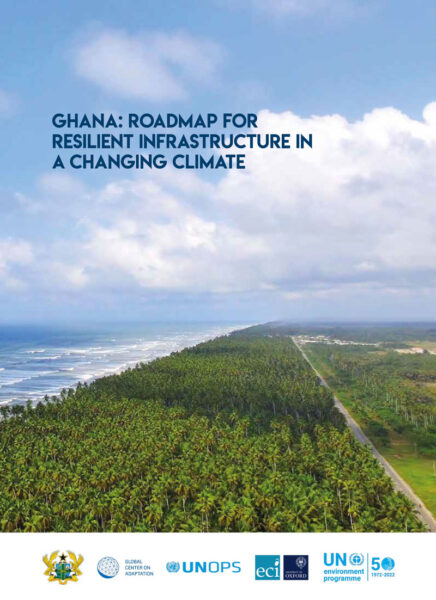
Ghana: Roadmap for Resilient Infrastructure in a Changing Climate
The proposed 35 prioritized adaptation options provide opportunities for funders and investors to invest in Ghana’s future, offering impactful, evidence-based adaptation projects and enabling environment interventions backed by robust research and analysis.
Projects
Latest news
Goal
Support one million youth with entrepreneurship skills and to create five million adaptation jobs through investments from international financial institutions worth over $2 billion by 2025
Description
The Youth Entrepreneurship and Adaptation Jobs pillar aims to unlock the untapped potential of young people in Africa to drive climate resilience and green enterprises by creating adaptation jobs through its two business lines:
The pillar is strongly focused on skills development and knowledge on adaptation, promoting equality and equal opportunities, building the entrepreneurial capacity of African youth, and facilitating access to funding and mentorship to youth-led businesses, half of which will be women-led, in the adaptation space.
Entrepreneurs across the African continent have been empowered to scale their adaptation businesses as part of the African Youth Adaptation Solutions Challenge (YouthADAPT Challenge), with grant awards of up to $100,000 per enterprise and a 12-month accelerator with business coaching and mentorship. The awarded adaptation solutions cut across the agriculture and waste management sectors as well as enterprises that are addressing on-ground climate challenges faced by vulnerable communities in their regions on the African continent.
The pillar also launched support for six Multilateral Development Bank job creation and agriculture projects that are expected to finance investments worth $690 million. For the $620 million Investment in Digital and Creative Enterprises Project in Nigeria, the pillar is identifying opportunities to create climate adaptation-aligned jobs within the project, aiming at creating 77,270 direct jobs and 772,700 indirect jobs. The pillar is also providing feasibility studies and assessing job opportunities in adaptation, as well as the skills required for such jobs, for the $538 million Special Agro-Industrial Processing Zones Program, which aims to create 500,000 jobs and train 25,000 youth-led enterprises in Nigeria.
Projects
Latest news
Goal
Unlock access to $1 billion in adaptation finance by 2025 by enabling direct access to climate finance for countries through GCA’s Technical Assistance Program and integrating adaptation solutions into the design of innovative public and private financial instruments
Description
The Adaptation Finance pillar is developing and implementing financial instruments and mechanisms to support the implementation of adaptation actions by raising finance from various public and private financiers. This pillar answers a pressing need to address a steep deficit in funding for adaptation today in Africa. There is a lack of reliable and sustainable sources of finance for the adaptation programs and projects currently under development. Compared to the various types of financing instruments and grants that are available for climate change mitigation, there are few places where private and public sector project developers can get the necessary resources for adaptation. Further, most of the funds currently available for adaptation come from the public sector. To support the development of resilient green growth in Africa, there needs to be a step change by developing a deeper understanding of the needs and capabilities of the private sector.
The Adaptation Finance pillar builds the capacity of African countries to drive adaptation at a much greater scale by planning differently and accessing the key sources of adaptation finance through its three business lines:
Key report
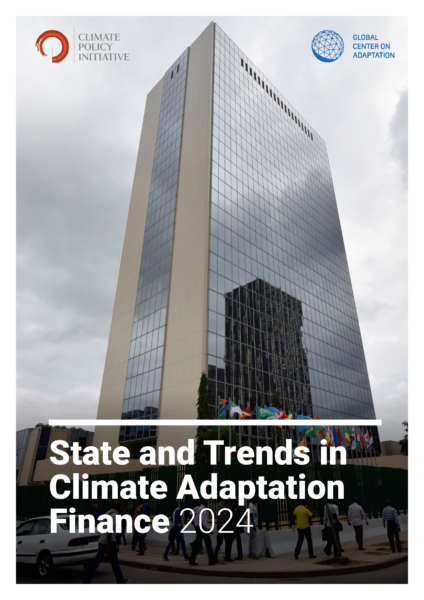
State and Trends in Climate Adaptation Finance 2024
This report covers global status and trends of adaptation finance and provides a deeper analysis of Africa at a regional level, given the heightened adaptation needs and opportunities on the continent. Across the globe, and especially in Africa, climate smart and resilient development pathways offer enormous investment opportunities with a triple dividend of avoided losses, positive economic gains, and enhanced social and environmental benefits.
Latest news
Upstream Financing Facility
The AAAP Upstream Financing Facility supports African countries and financing institutions by bringing the best knowledge, science, and practice to the development of innovative adaptation projects. This Upstream Facility finances the work of GCA and its implementation partners, many of them Africa institutions, to design and mainstream adaptation and resilience components into the projects of multilateral development banks, other development financial institutions, and bilaterals. The Upstream Facility supports research, monitoring for rapid extraction and replication of lessons, knowledge sharing, capacity building, and policy support. The Facility helps the design of transformational adaptation shifts at the country level. Finally, it also supports the mobilization of additional financing for climate adaptation in Africa.
Governments, international financial institutions, and development agencies, seeking more information regarding partnering with GCA on the AAAP Upstream Financing Facility can contact Charles Nhemachena, Regional Director for Africa (charles.nhemachena@gca.org), for further information. Implementing organizations and local partners are encouraged to regularly check GCA’s procurement and partners pages for opportunities to work with GCA on delivering the AAAP. Further opportunities for partners seeking information on partnering with GCA are presented at the annual AAAP Partnership Forum that brings current and prospective partners together. The last Forum was held on the sidelines of the Africa Climate Summit in Nairobi: Africa Adaptation Acceleration Program Partnership Forum Working Lunch: Scaling Investments for Adaptation Financing.
Since its launch in January 2021, the Facility has influenced $5.4 billion in investments financed by the African Development Bank and other partners, including the World Bank, in the areas of Food Security, Infrastructure and Nature-Based Solutions, Youth Entrepreneurship and Adaptation Jobs, and Adaptation Finance. Through the AAAP pillars, the Upstream Financing Facility maintains an influencing ratio of 1:100, where one dollar invested in the Facility leads to $100 influenced to bring the best adaptation solutions to Africa. The Upstream Facility is mobilizing $250 million over five years to support the $25 billion of investments of the AAAP.
Results Report
This results report highlights progress made by GCA on the Africa Adaptation Acceleration Program during the period January–December 2022, and emerging results. The results report for the period January–June 2022 is available here.
External Mid-term Review
In June 2022, GCA launched an external mid-term review of the AAAP activities during 2021 and early 2022. This formative- and outcomes-focused evaluation assessed progress made toward objectives with an eye to identifying areas and actions that can lead to greater operational impacts.
News
Videos
Technical and Whitepapers
Rapid Climate Risk Assessment for Urban Adaptation and Resilience: Mukuru, Nairobi, Kenya
Flooding and extreme temperatures were identified as the major climate change hazards in the Mukuru informal settlement in a Rapid Climate Risk Assessment undertaken by the Global Center on Adaptation together with government, and other partners. The climate risk management and adaptation measures identified in the exercise are simple and within reach.
Rapid Climate Risk Assessment for Urban Adaptation and Resilience: Marrakech, Morocco
Food and water supply challenges, rising cases of respiratory diseases, and loss of livelihoods due to drought, extreme temperatures, and flooding are some of the impacts of climate change that Marrakech City residents are experiencing. While these impacts are getting worse, according to the results of a Rapid Climate Risk Assessment undertaken by the Global Center on Adaptation, risk management and adaptation actions required to make Marrakech resilient were also identified.
Rapid Climate Risk Assessment for Urban Adaptation and Resilience: Kisumu City, Kenya
Climate change hazards, including droughts and floods, present formidable challenges for Kisumu City residents, resulting in the loss of lives and livelihoods. A Rapid Climate Risk Assessment identified adaptation actions for the city that are well within reach, simple, and affordable.
Events

Unlocking Private Capital for Adaptation Finance Roundtable
13 December 2024
KOFISI Square, Riverside Square, 104 Riverside Dr, Nairobi

Capacity Building on Early Warning Systems and Risk Insurance Mechanisms to Support Risk Preparedness Against Climatic Shocks in Africa
10 December 2024
Park inn by Radisson Hotel Kigali, Rwanda and Africa Regent Hotel Accra, Ghana

Enhancing Direct Access for Locally Led Adaptation
4 December 2024
Hotel Safari Park, Nairobi, Kenya
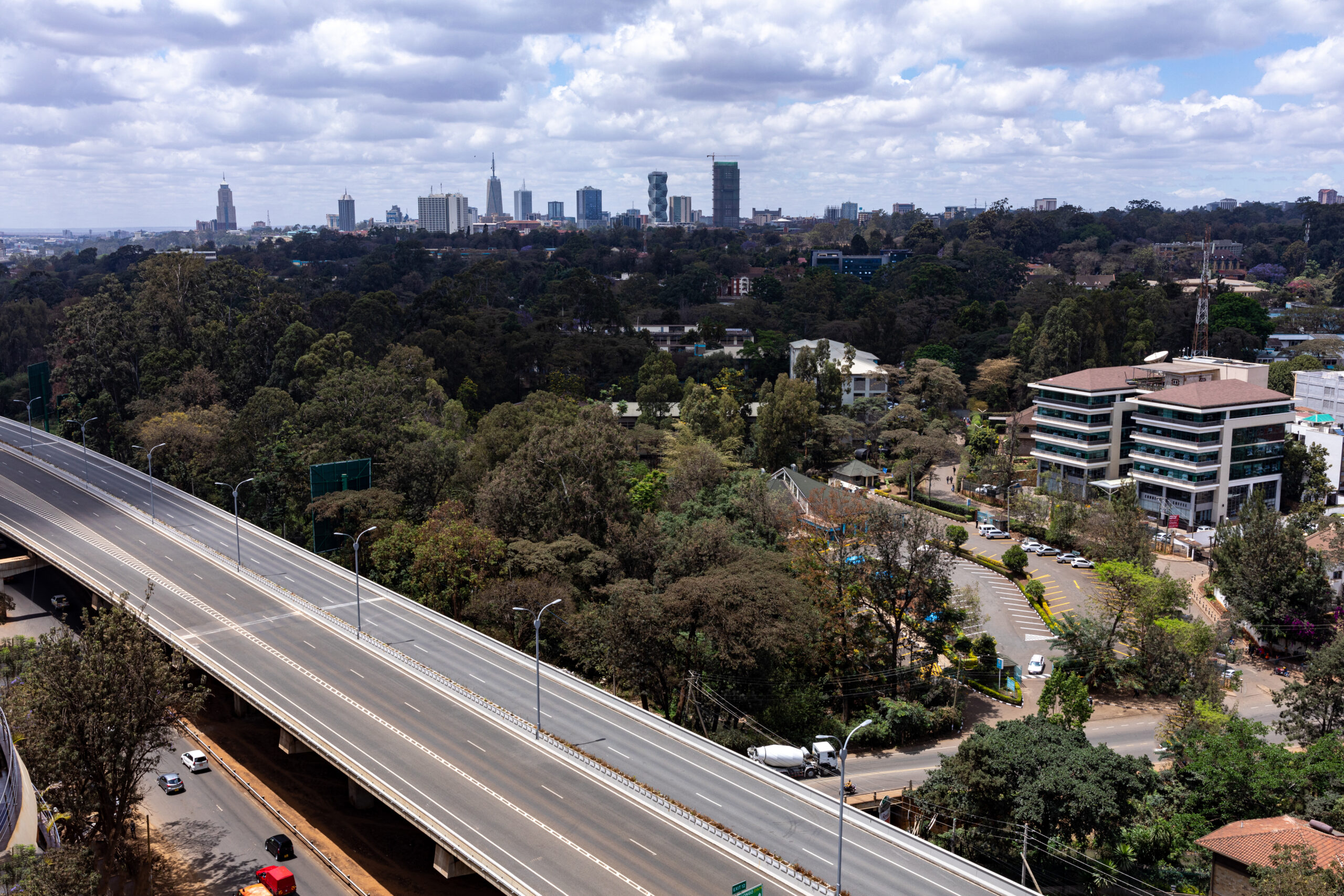
Nairobi Nature Positive Engineering Roundtable
1 November 2024
Nairobi, Kenya

Youth Climate Adaptation Action Day
12 October 2024
Global

Climate Adaptation in Africa: A South-South knowledge and learning exchange workshop
17 September 2024
Park Inn By Radisson, Westlands, Nairobi, Kenya
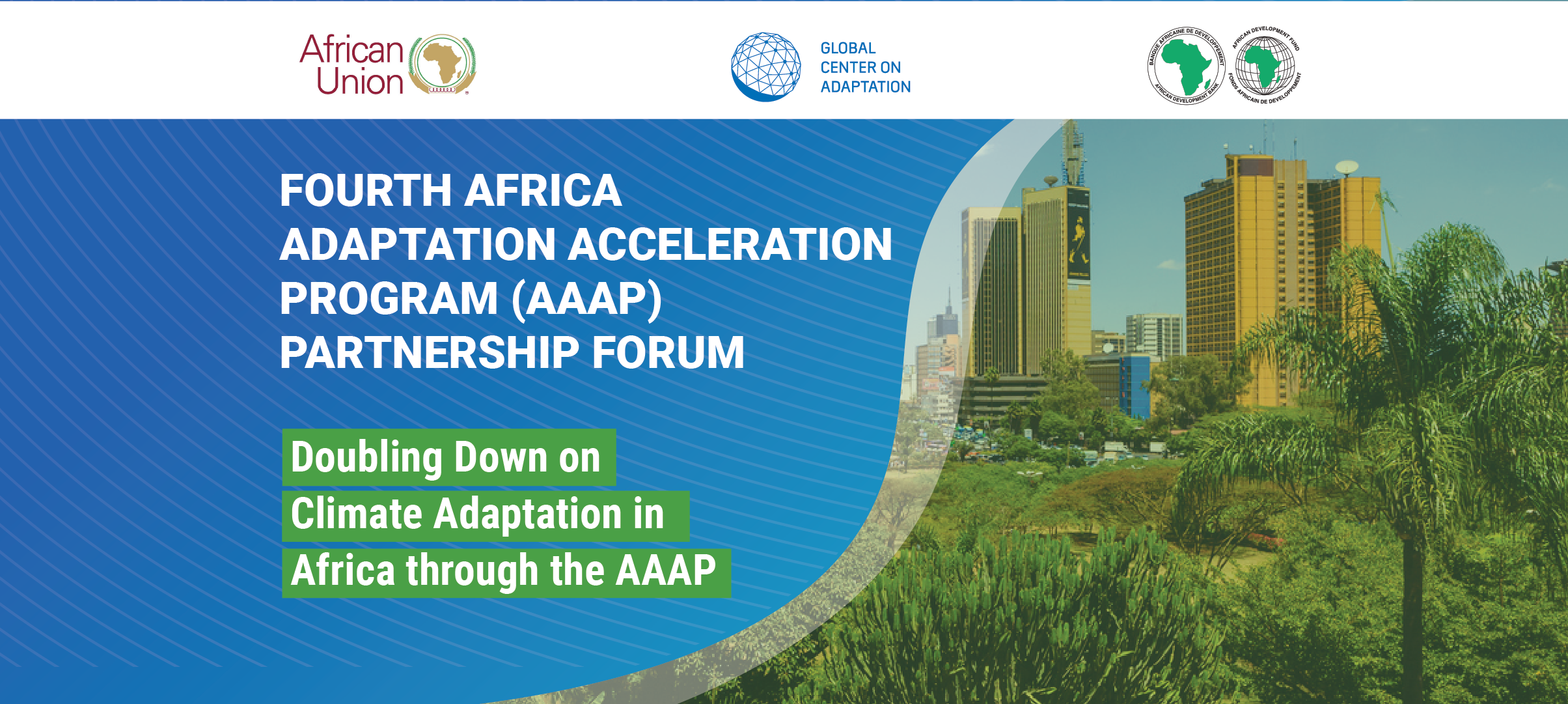
Fourth Africa Adaptation Acceleration Program (AAAP) Partnership Forum
16 September 2024
Nairobi, Kenya

Transformative Approaches to Scaling Food Systems Innovations in Africa: Experiences and Lessons
2 September 2024
Knowledge Hub at the Africa Food Systems Forum’s 2024 Summit in Kigali, Rwanda

Multi-Stakeholder Engagement on the Kenyan National Roadmap for Infrastructure Adaptation Investments
15 August 2024
Nairobi, Kenya
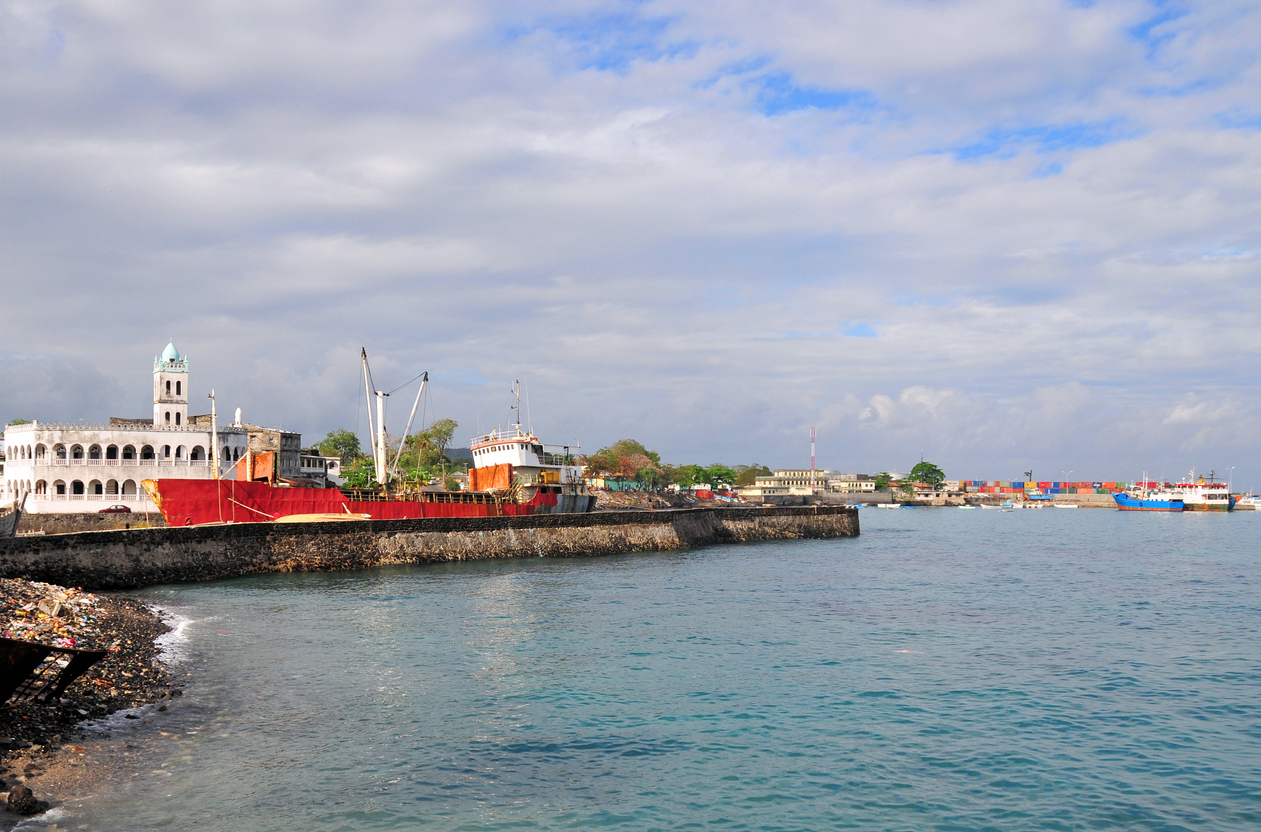
Multi-Stakeholder Dialogue for AfDB Comoros Maritime Corridor Development and Regional Trade Facilitation Project
13 August 2024
Moroni, Comoros

Webinar on Mainstreaming Climate Change Adaptation and Resilience in the Water Sector
30 April 2024
Global

Investments for Scaling Adaptation Solutions in East Africa: Tanzania Country Deep Dive
8 December 2023
Tanzanian Pavilion, UNFCCC COP28, Dubai, United Arab Emirates

Investments for Scaling Adaptation Solutions in Nigeria
6 December 2023
Nigeria Pavilion, UNFCCC COP28, Dubai, United Arab Emirates
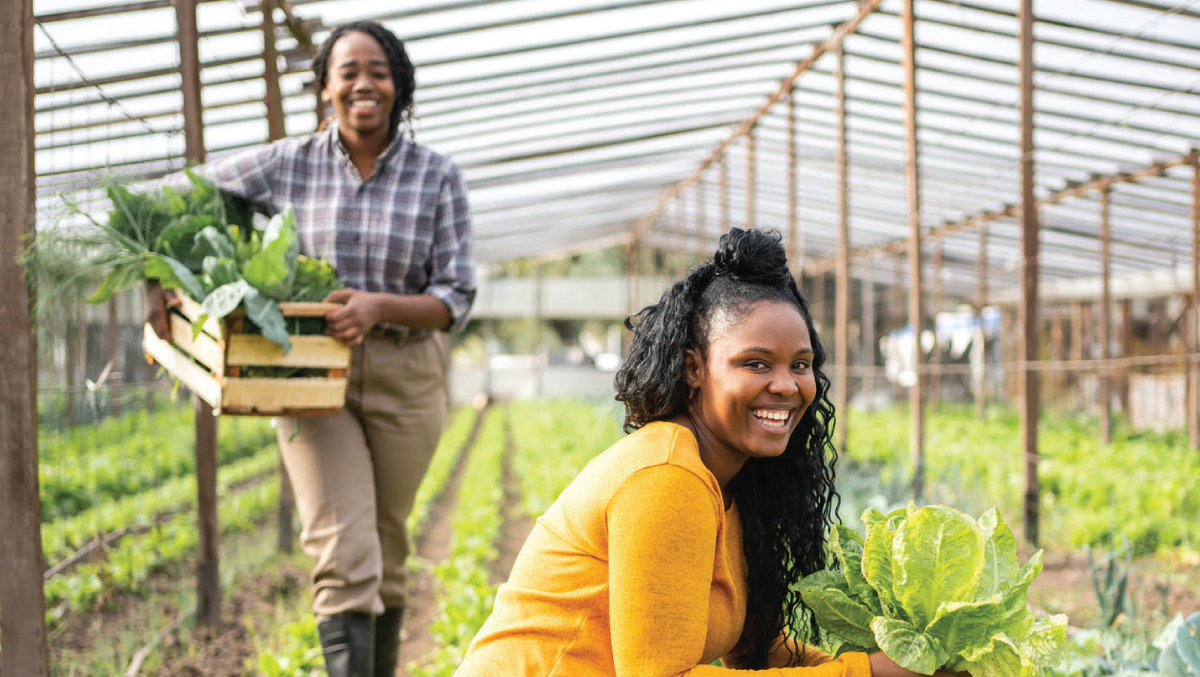
Launch of the YouthADAPT Challenge Report and Alumni Network
4 December 2023
Children & Youth Pavilion, UNFCCC COP 28, Dubai, United Arab Emirates

YouthADAPT Awards Ceremony: Women-led Innovations in Frontier Technologies for Climate Action in Africa
3 December 2023
Africa Pavilion, UNFCCC COP28, Dubai, United Arab Emirates

Mainstreaming Climate-Smart Agriculture into NAPs in Africa
3 December 2023
Moroccan Pavilion, Blue Zone, UNFCCC COP28, Dubai, United Arab Emirates
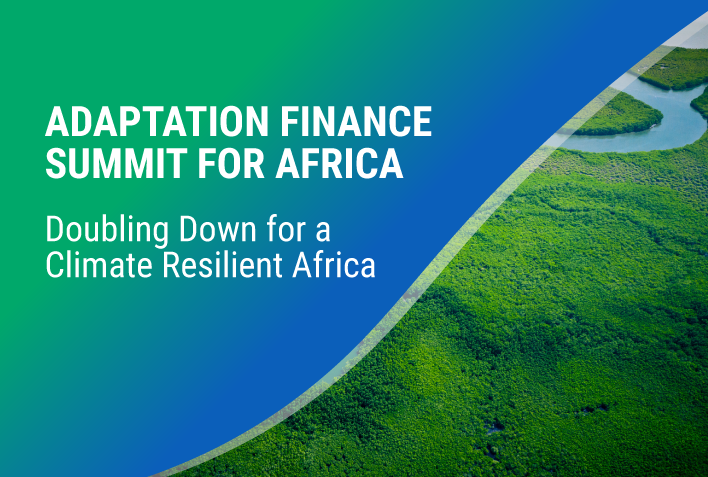
Adaptation Finance Summit for Africa: Doubling Down for a Climate Resilient Africa
1 December 2023
Room MR6 (DEC South, zone B1), Dubai, United Arab Emirates

GCA-GCF Workshop: A Step-by-Step Methodology for Originating a Pipeline of Project Concepts for Climate Resilience
13 November 2023
Windhoek, Namibia
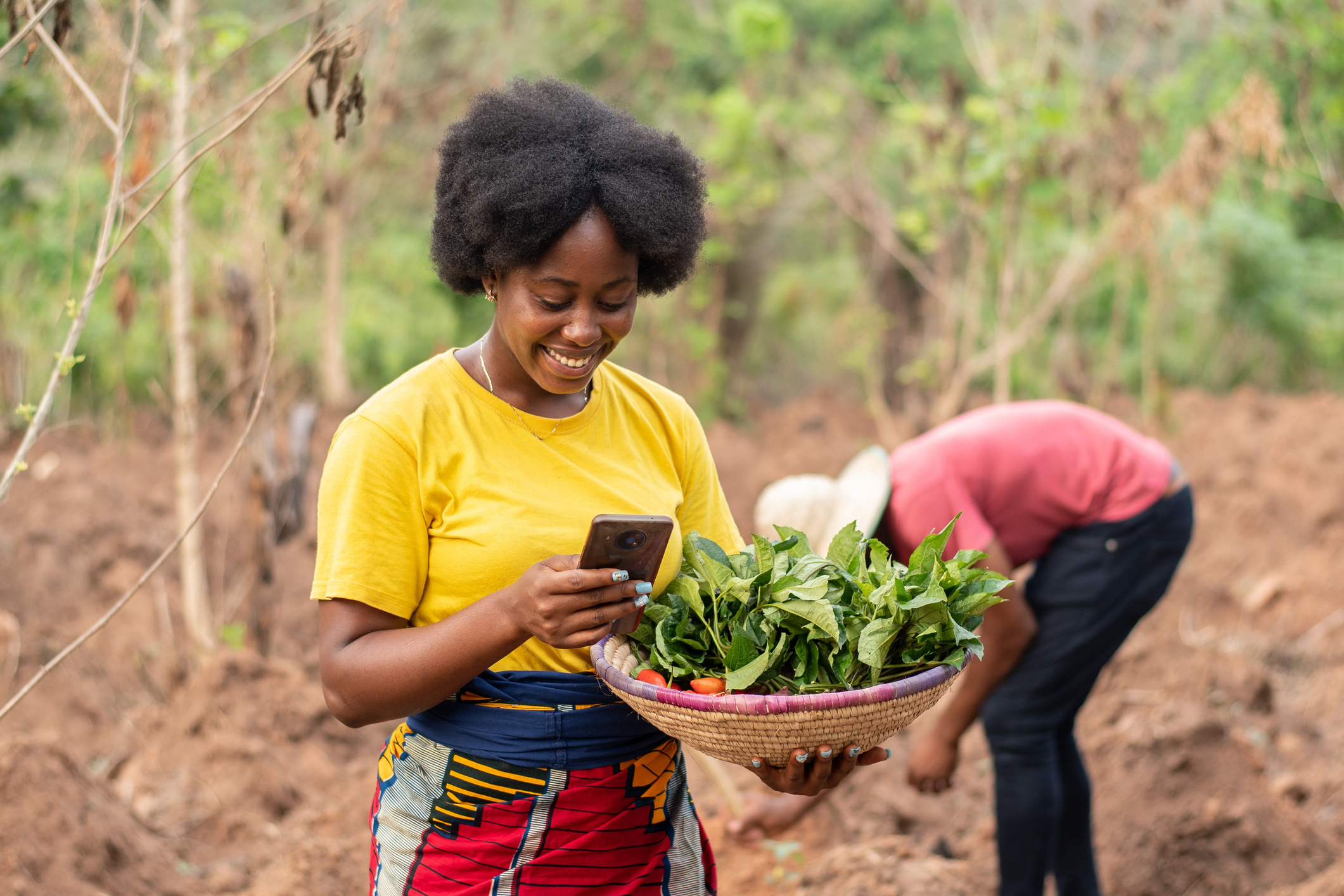
Digital Climate Advisory Services Training to Support Climate Resilience in Smallholder Agriculture in Southern Africa
27 September 2023
Johannesburg, South Africa

Mobilizing Africa’s Financial Sector for Low-carbon and Climate-resilient Development
6 September 2023
Villa Rosa Kempinski Hotel, Nairobi, Kenya (Hybrid)
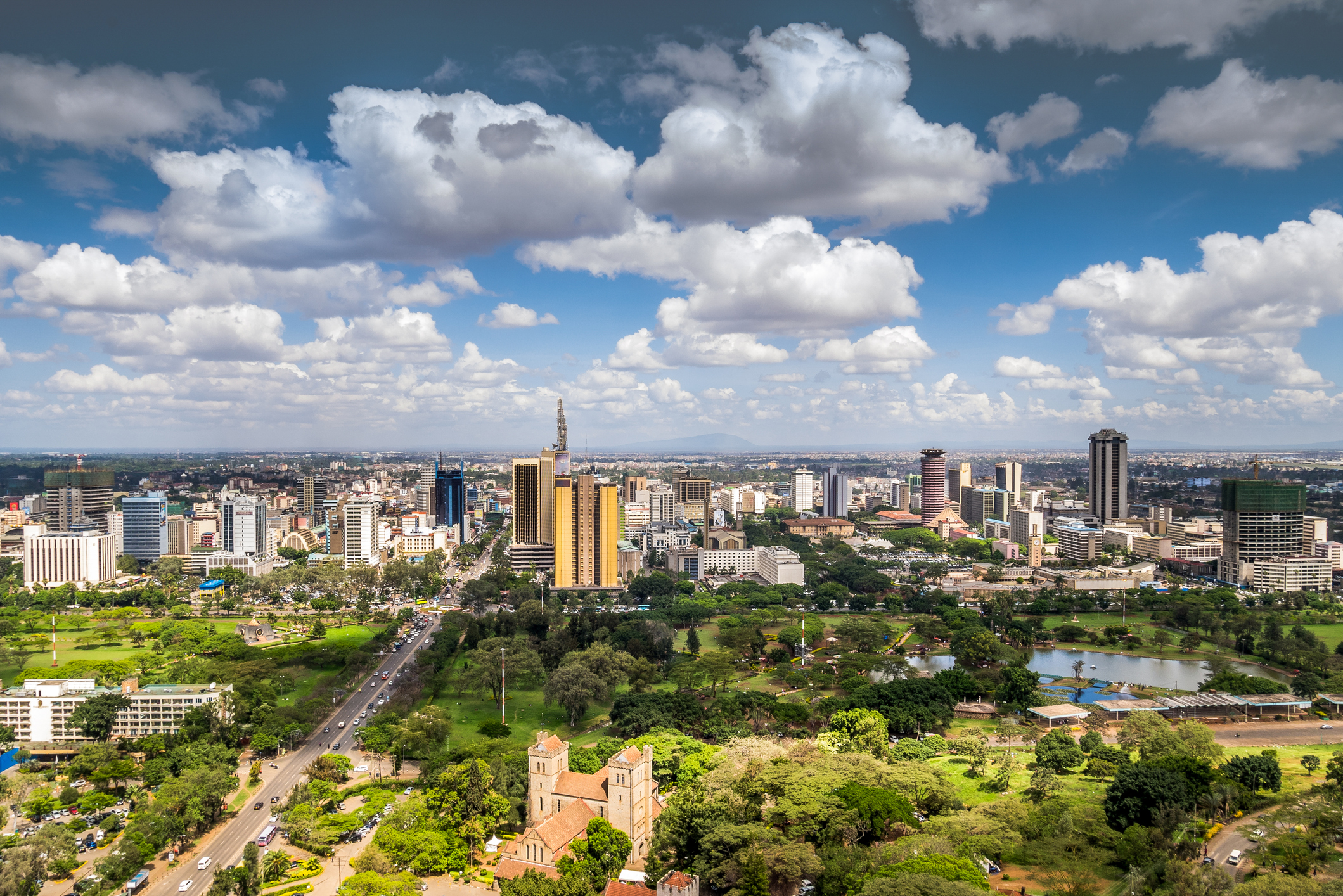
Africa’s Adaptation Transformation – Doubling down through Bridgetown, AAAP and Investment Compacts
5 September 2023
KICC, Nairobi Kenya
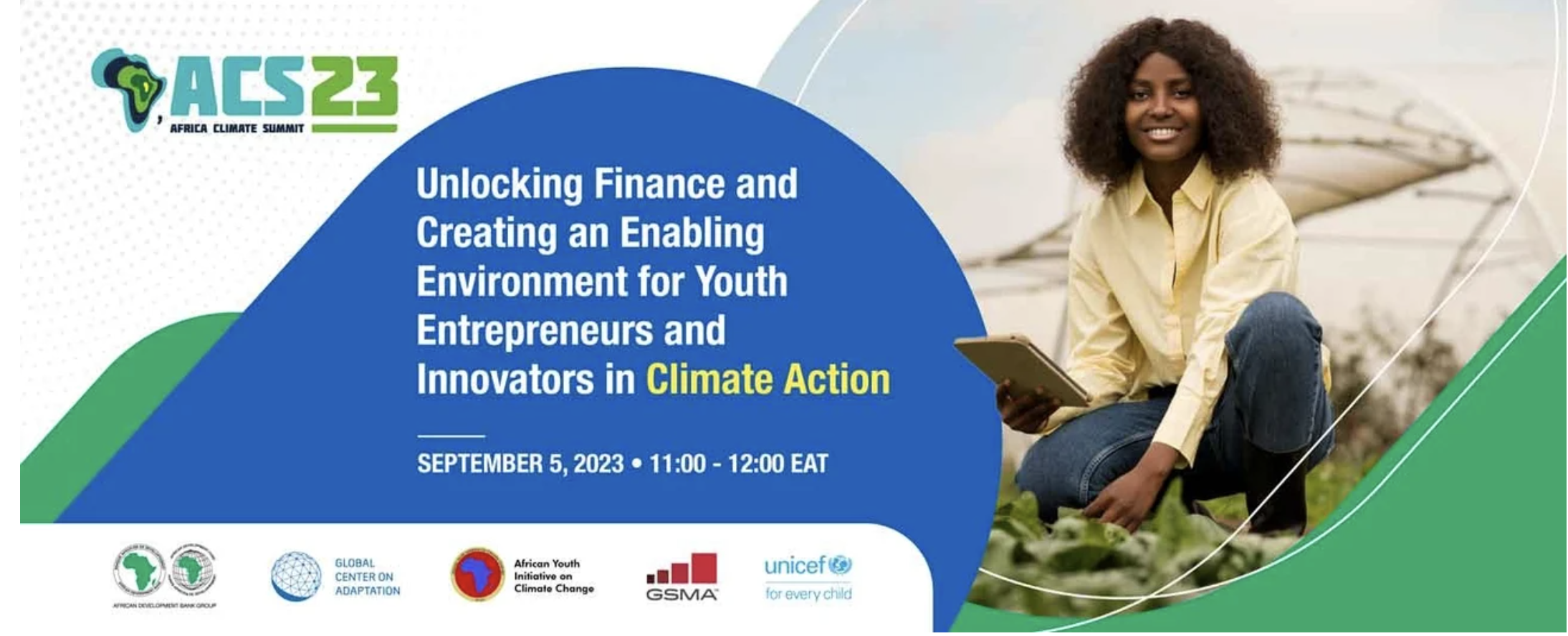
Unlocking Finance and Creating an Enabling Environment for Youth Entrepreneurs and Innovators in Climate Action
5 September 2023
Kenya International Conference Center (KICC), Nairobi, Kenya
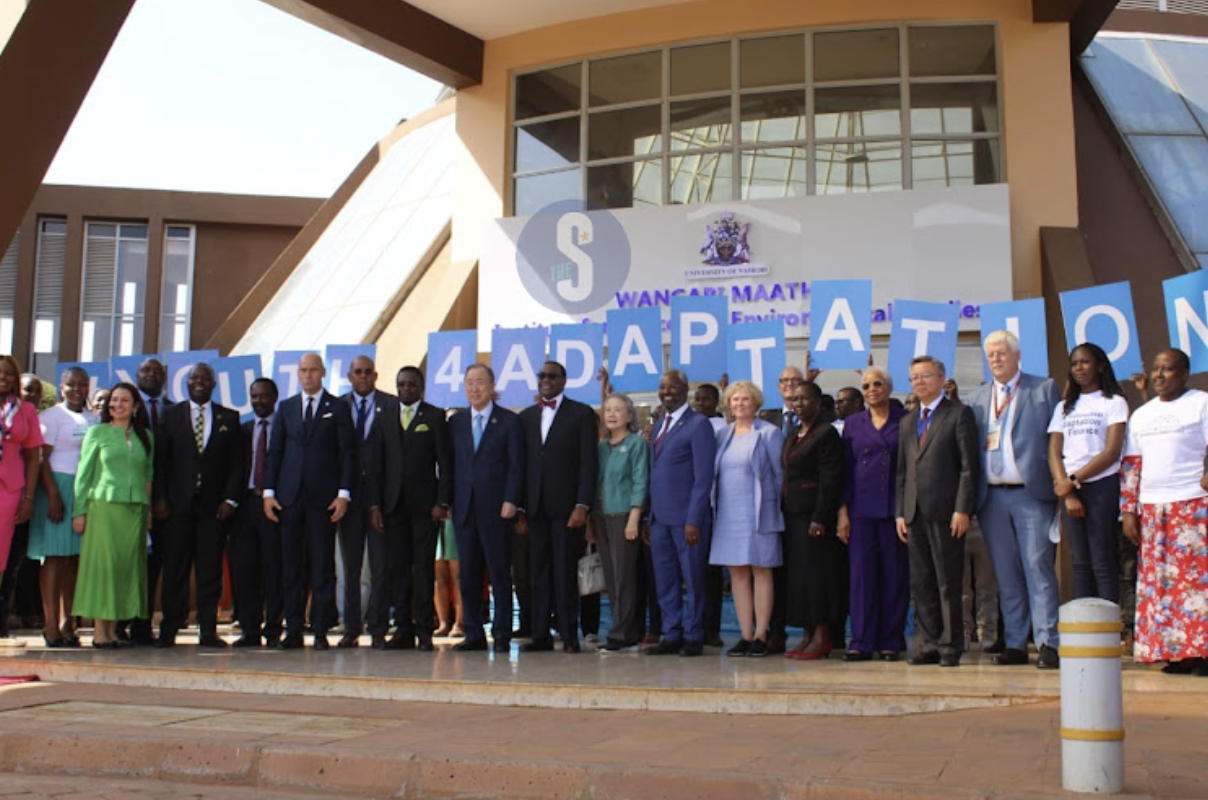
High-Level Intergenerational Dialogue: Africa Driving Climate Adaptation Solutions
4 September 2023
Wangari Maathai Institute, Nairobi, Kenya
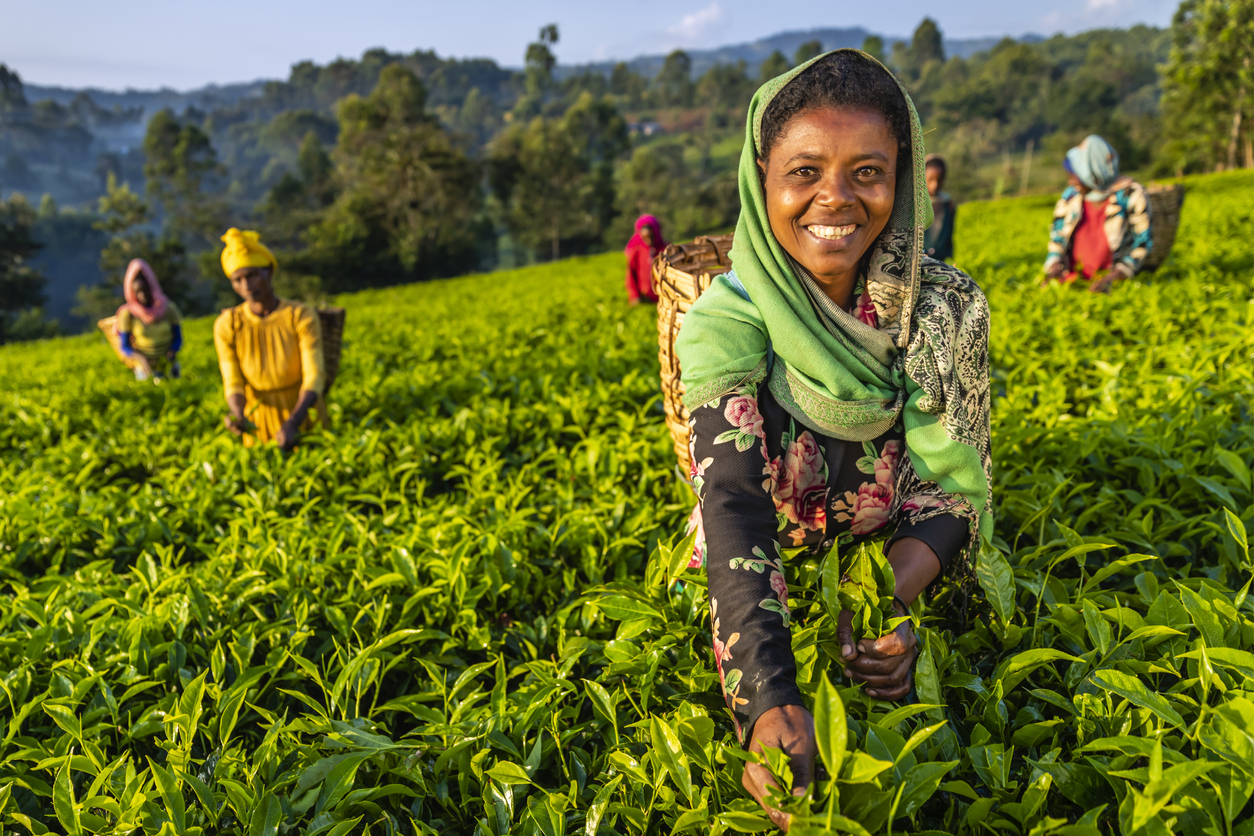
Africa Adaptation Acceleration Program Partnership Forum Working Lunch: Scaling Investments for Adaptation Financing
4 September 2023
Serena Hotel (Frangipani Room), Nairobi City, Kenya
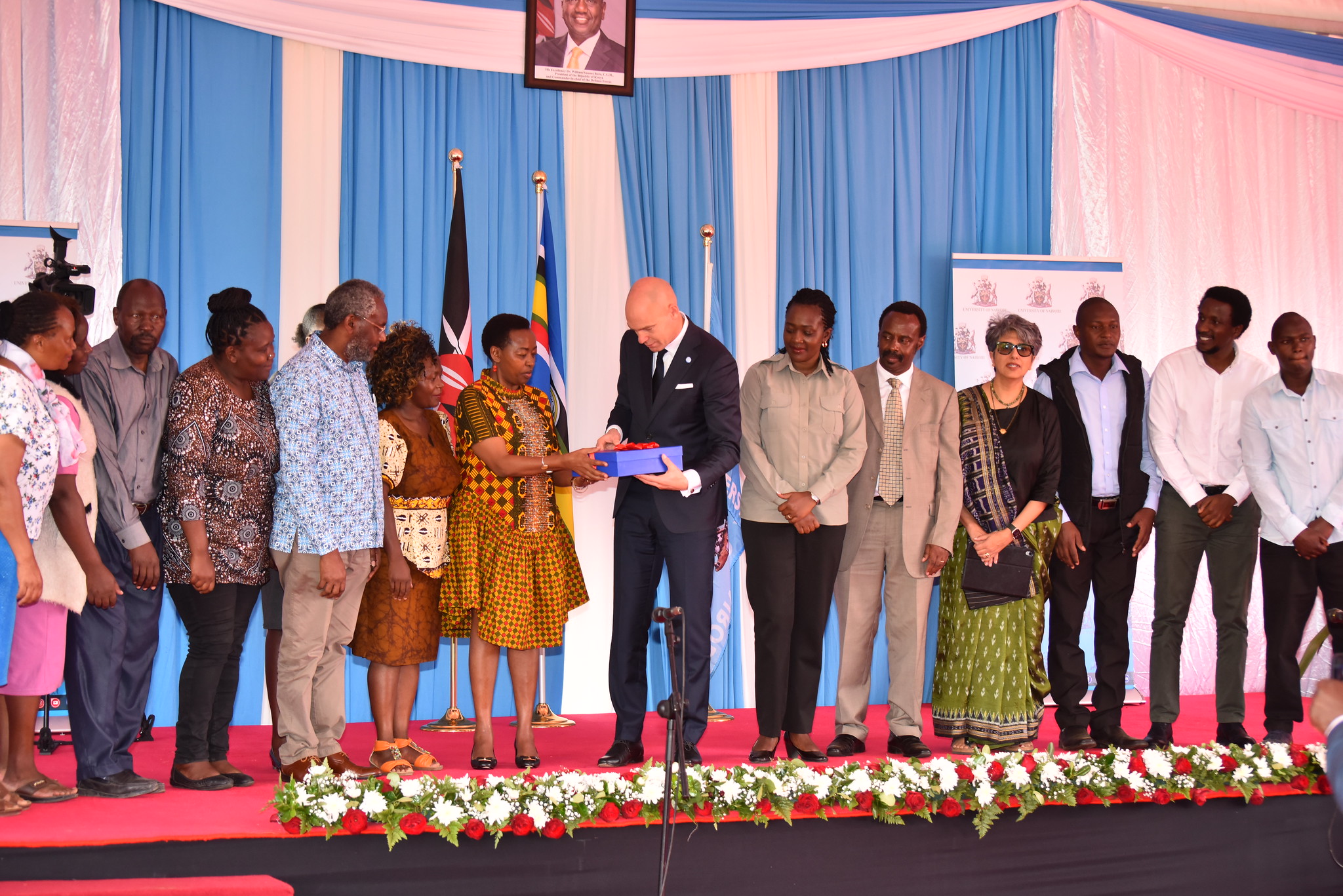
Community Dialogue: #DoubleAdaptationFinance: Make it Accessible, Flexible, Predictable
3 September 2023
Serena Hotel, Nairobi, Kenya
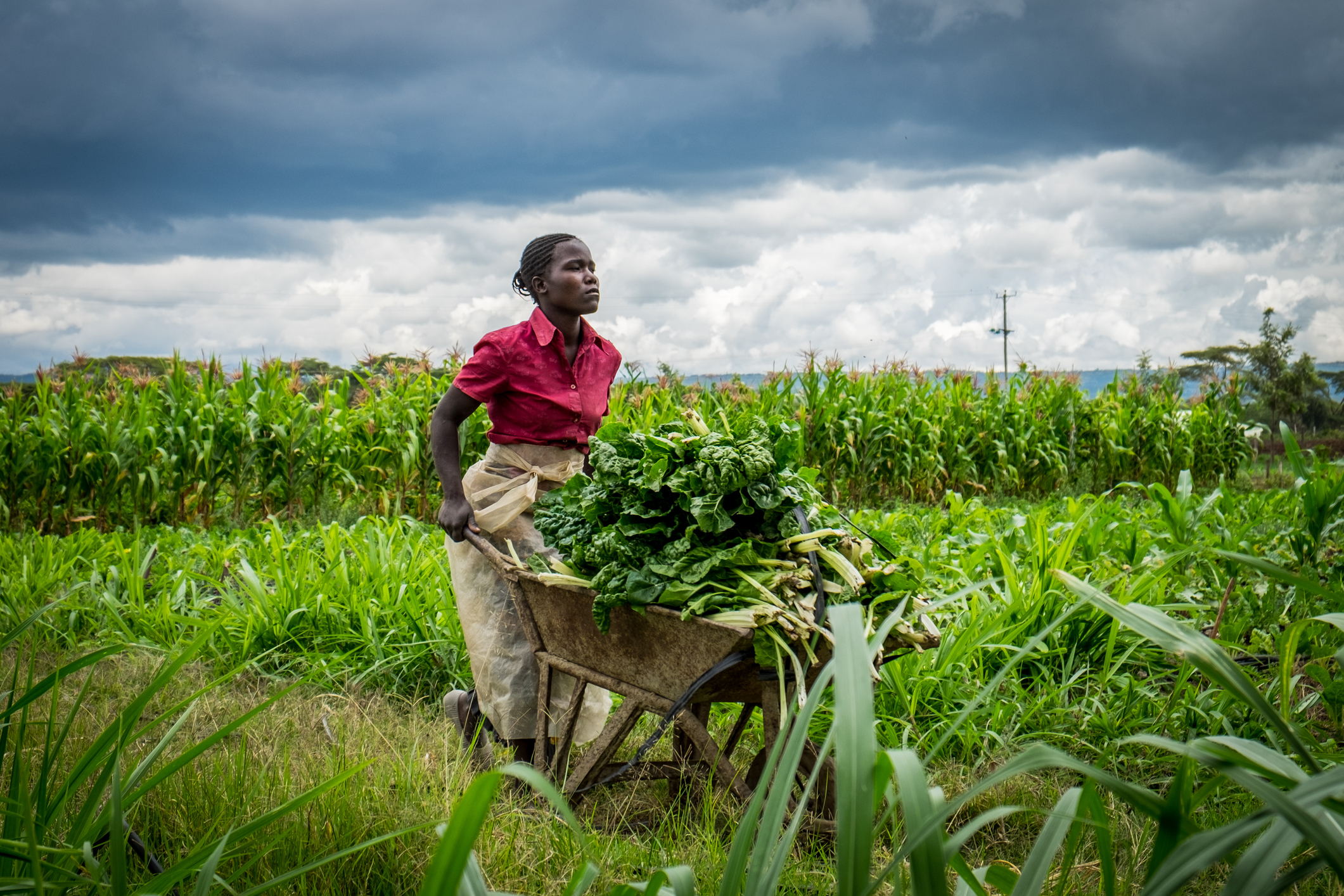
Climate Smart Agriculture Manual and Training Guidelines Stakeholder validation meeting
15 August 2023
Inter-Continental Hotel, Zambia

Profil de l’agriculture numérique et de l’adaptation aux changements climatiques : Cas du Bénin
26 July 2023
Cotonou, Bénin

Webinar: How is the African insurance industry responding to climate change?
6 June 2023
Global

Webinar: How are African banks coping with Climate Change?
16 May 2023
Global

Webinar: Climate Change: What does it mean for the Financial Sector in Africa?
9 May 2023
Global
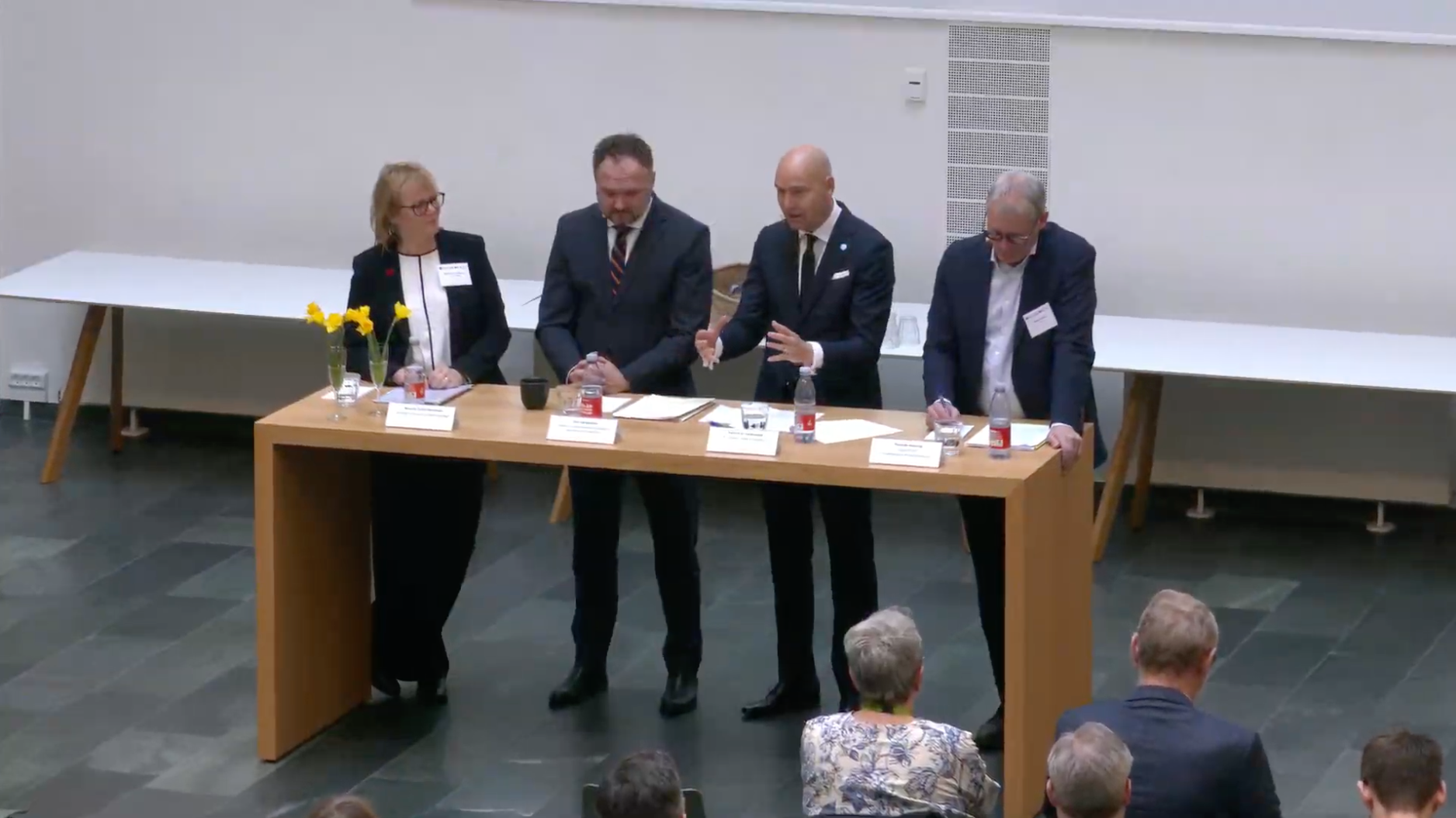
Unlocking private investments in adaptation
31 March 2023
Folkekirkens Nødhjælp

Water Solutions for Climate Adaptation: Lessons to Scale Up Impactful Delivery
22 March 2023
United Nations Headquarters, Conference Room 9
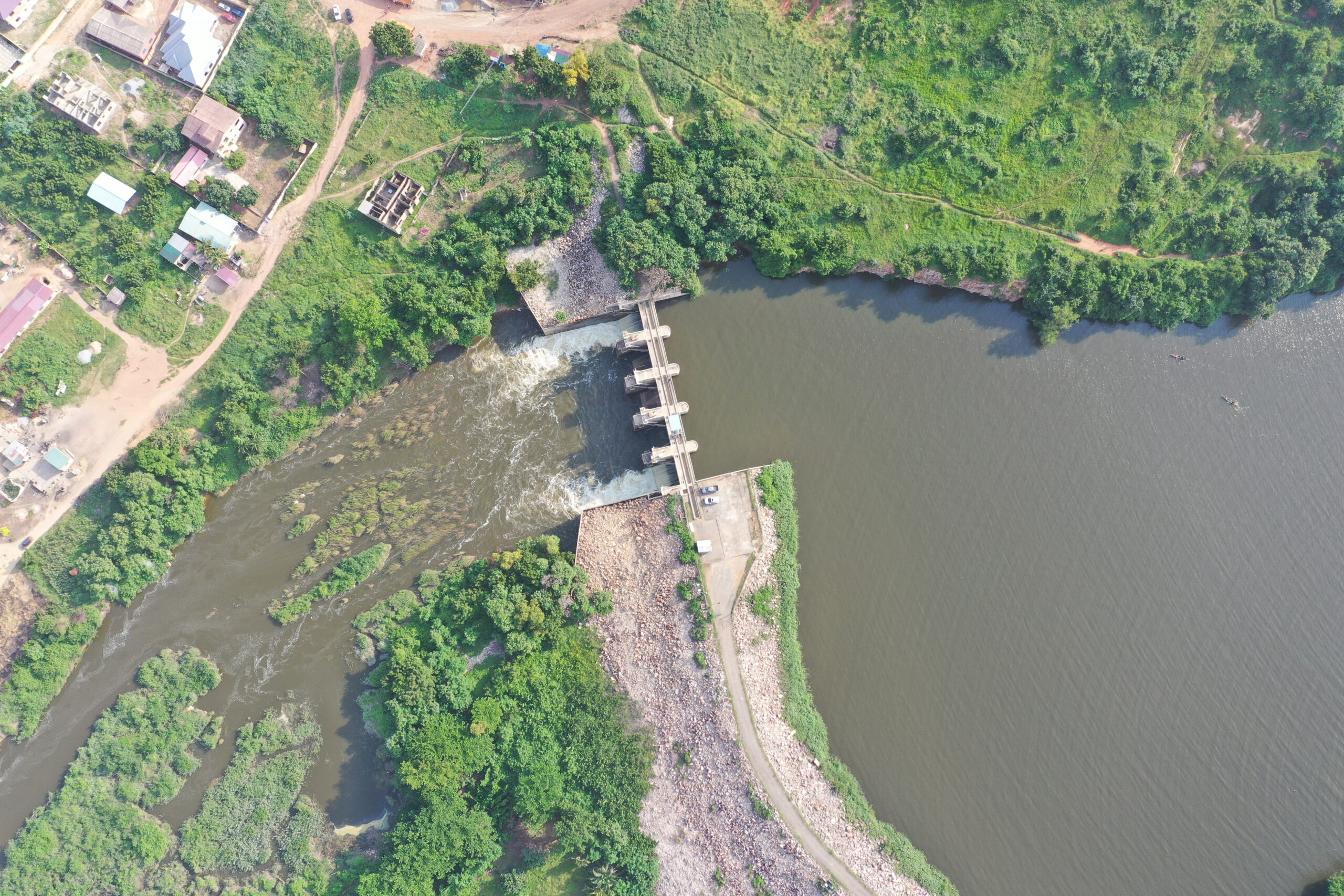
Masterclass on Mainstreaming Climate Resilience Into Public-Private Partnerships in Africa
16 March 2023
Accra, Ghana
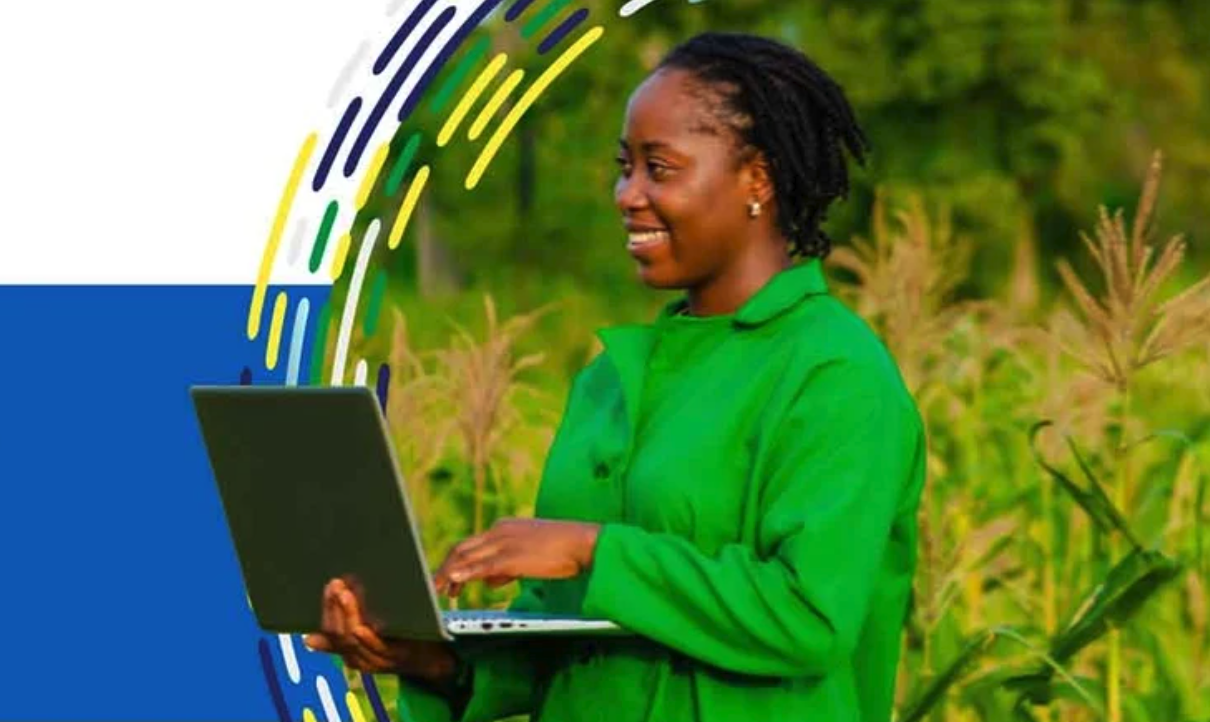
Scaling Up Youth-led Adaptation Technology Solutions in Africa
15 March 2023
Global
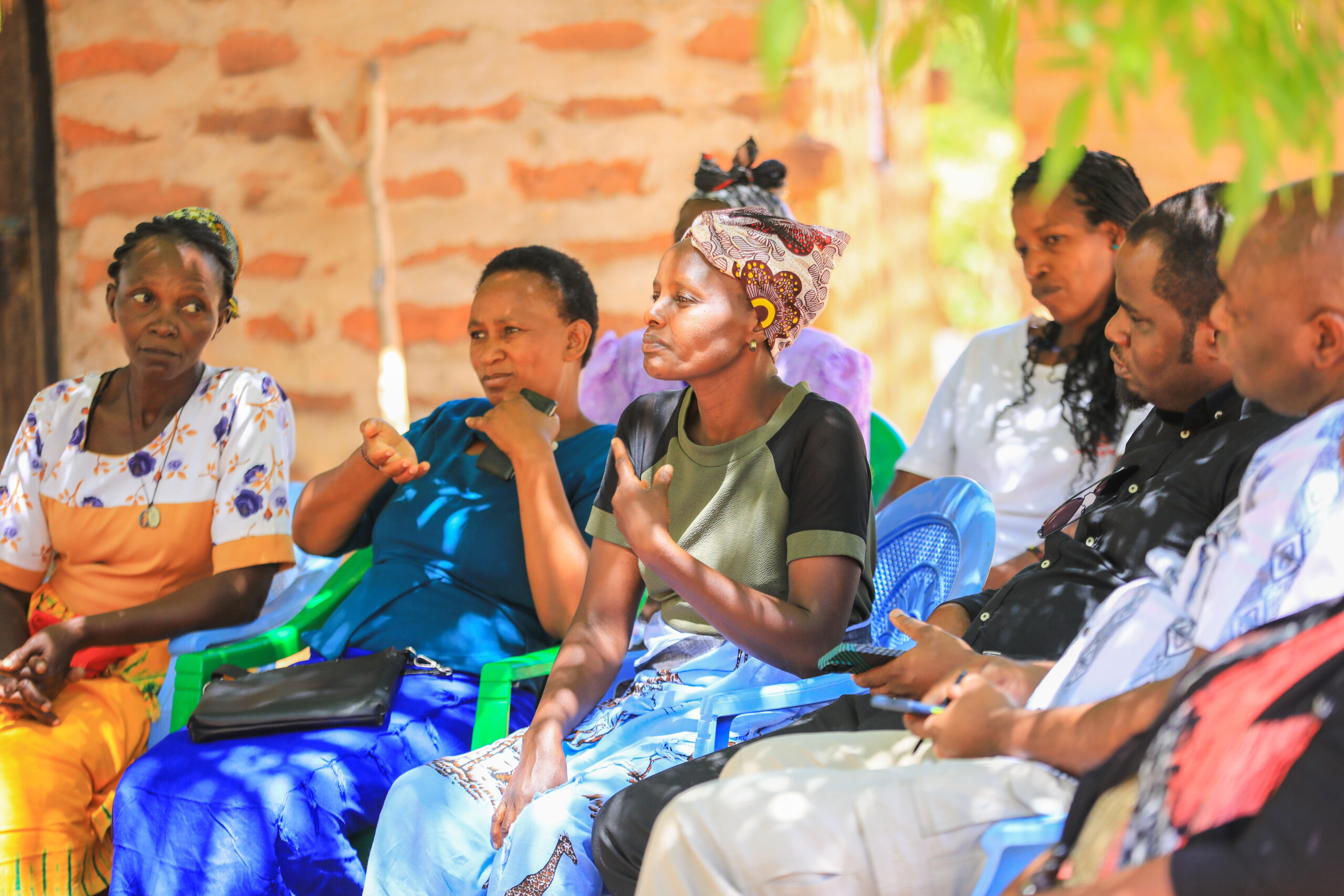
Adaptation and Resilience Measures: From Commitment to Implementation
6 March 2023
Noum Hotel Abidjan, Abidjan, Côte d’Ivoire
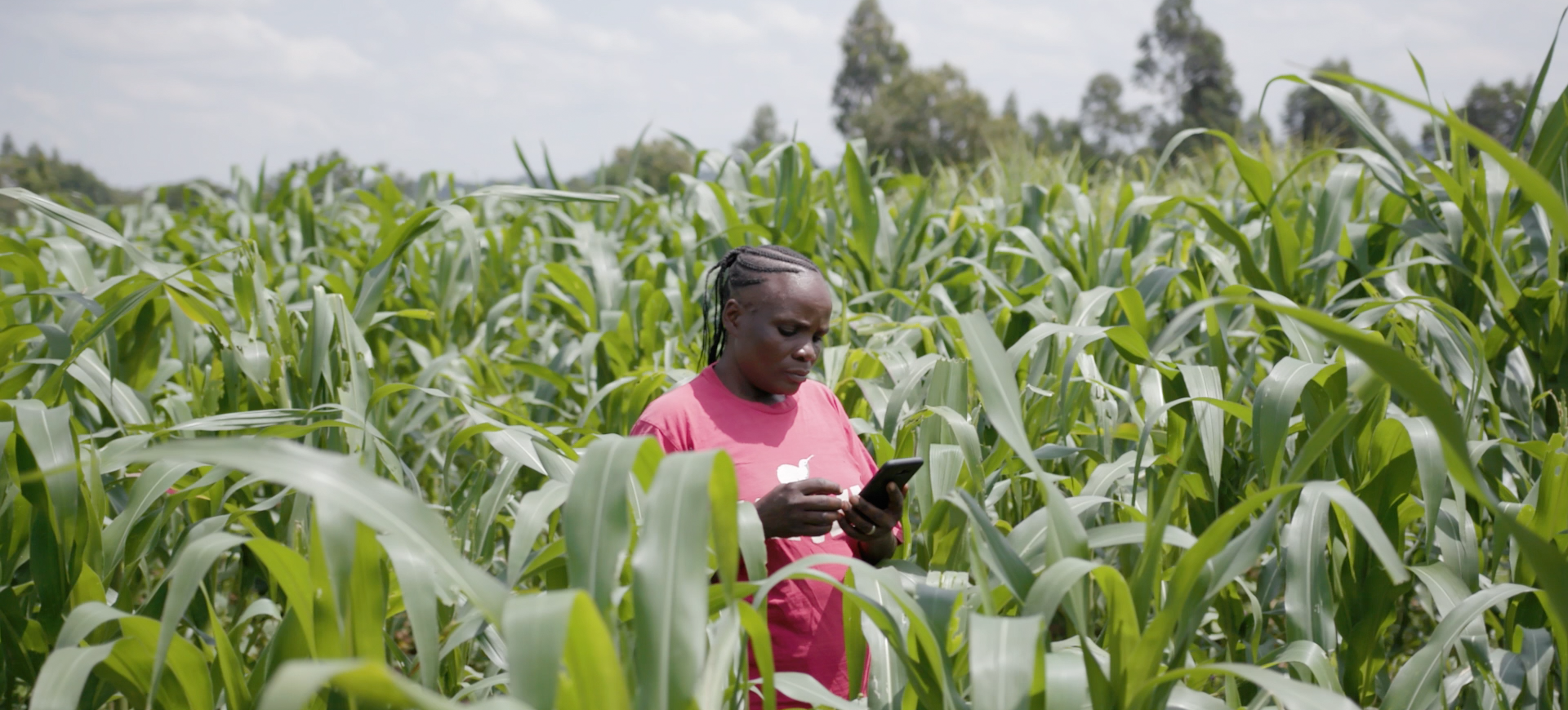
Regional Forum on the Future of Resilient Food Systems in Africa – Digital Solutions for a Changing Climate
31 January 2023
Nairobi, Kenya (Hybrid)
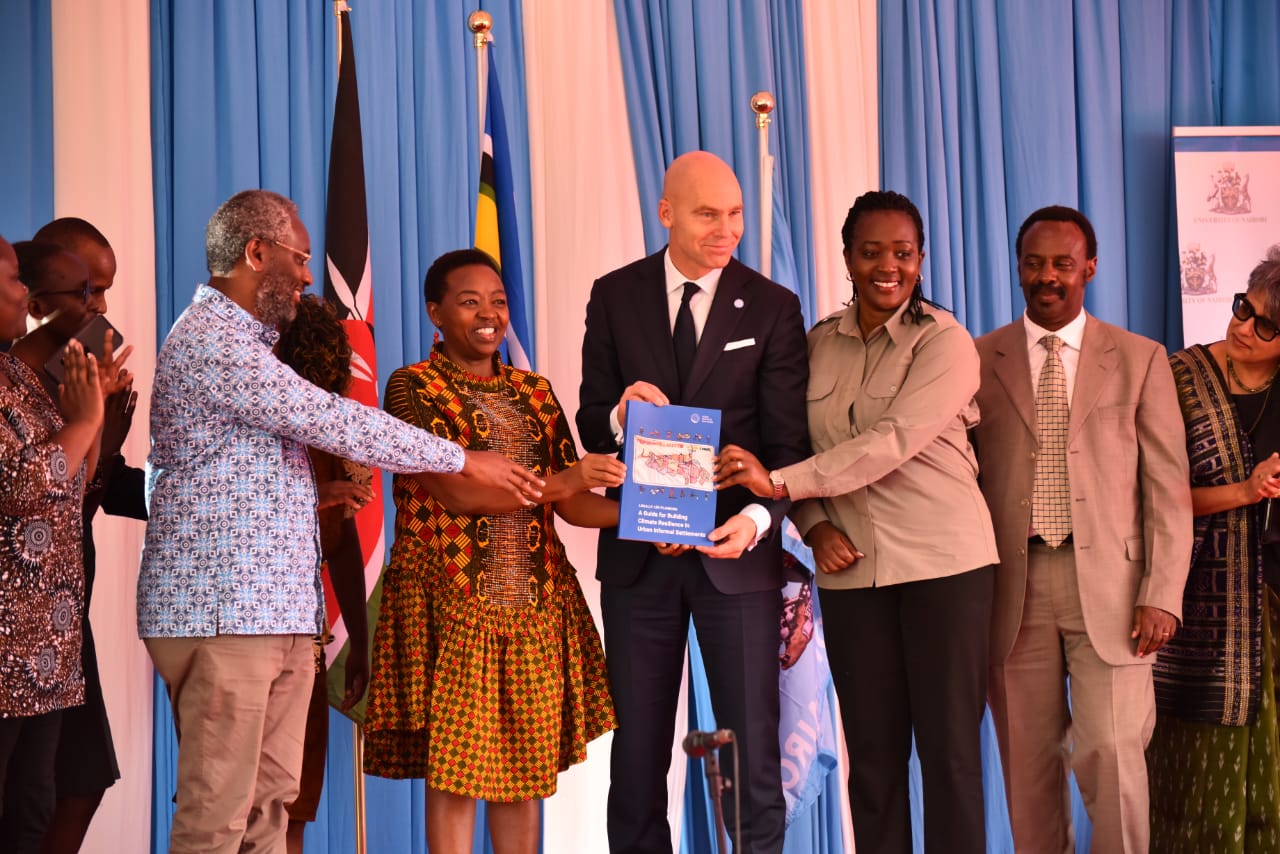
Supporting Kenyan Adaptation Leadership
9 December 2022
Wangari Maathai Institute for Peace and Environmental Studies, Nairobi, Kenya
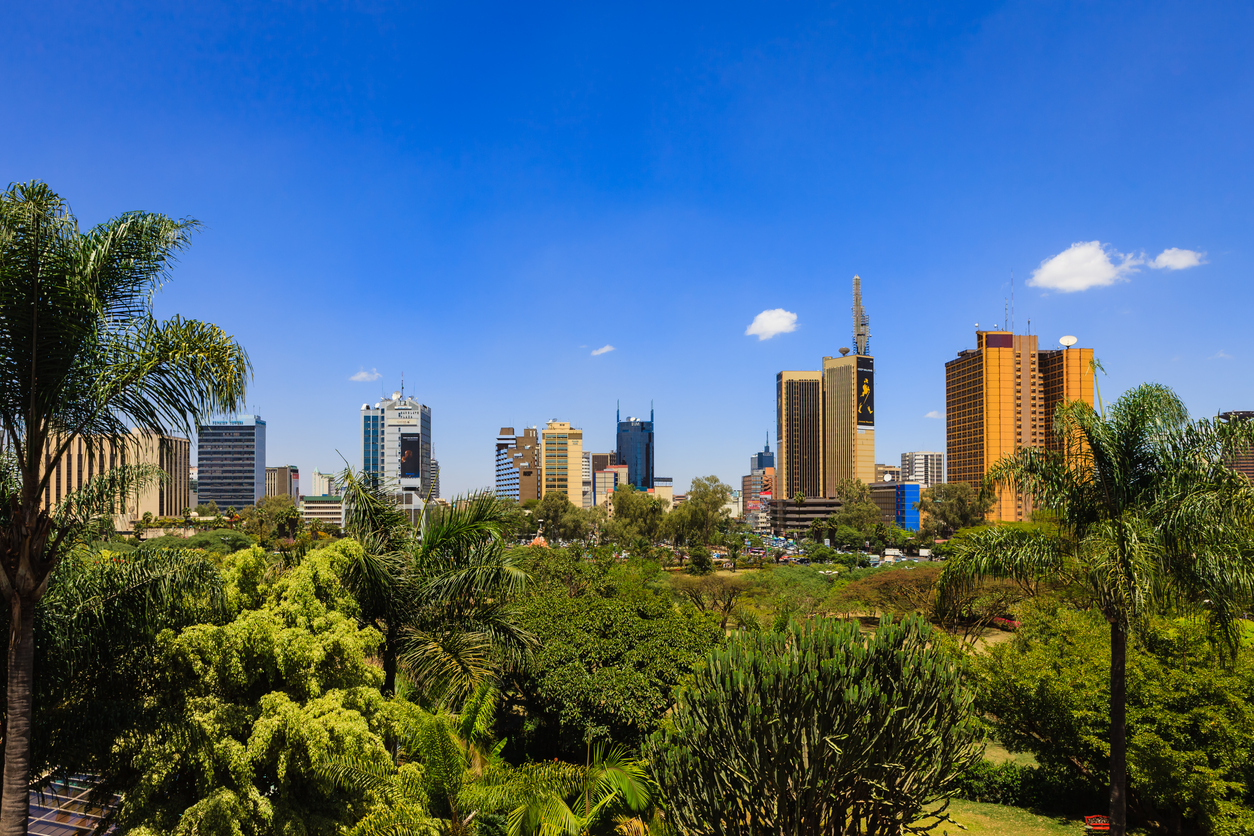
Kusi Ideas Festival
8 December 2022
Nairobi, Kenya

Africa Direct Access Entities: Technical Workshop on improving climate information and analysis for Green Climate Fund proposals in Africa
6 December 2022
Radisson Blue Hotel, Abidjan, Cote D’Ivoire
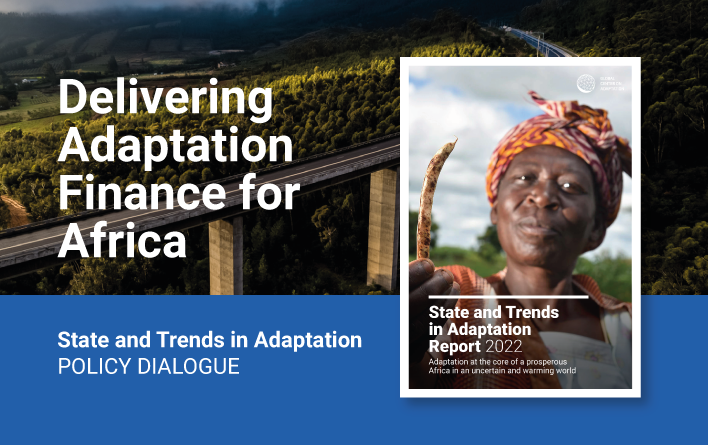
Delivering Adaptation Finance for Africa
12 November 2022
GCA Pavilion, COP27 Blue Zone, Sharm El-Sheikh, Egypt
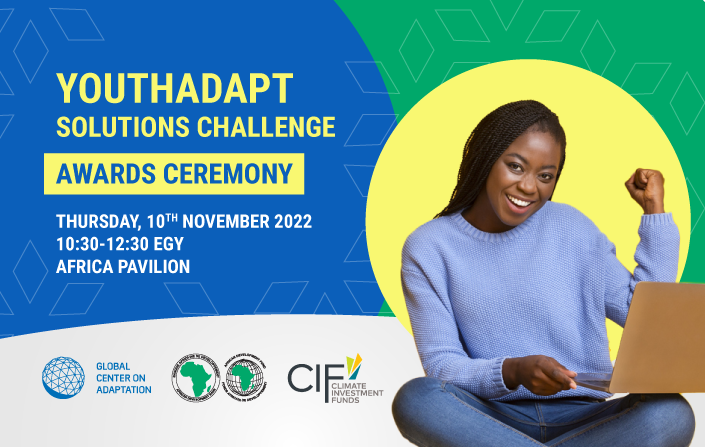
2022 YouthADAPT Solutions Challenge Awards Ceremony
10 November 2022
Africa Pavilion at COP27, Sharm El-Sheikh, Egypt
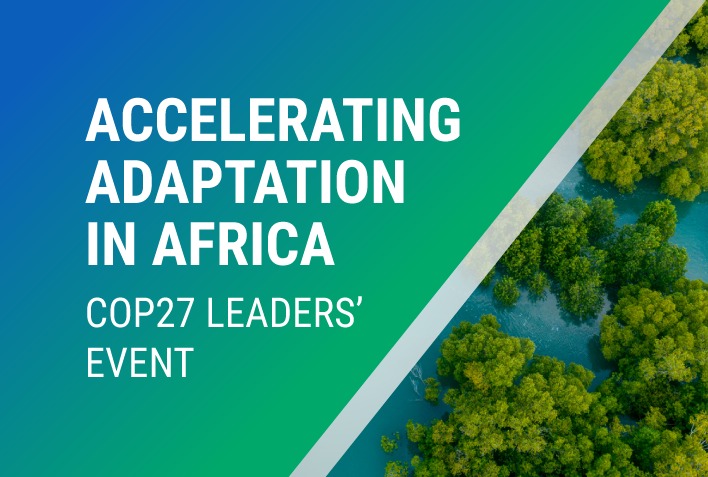
COP27 Leaders’ Event: Accelerating Adaptation in Africa
8 November 2022
Meeting Room MR20, Sharm El-Sheikh, Egypt
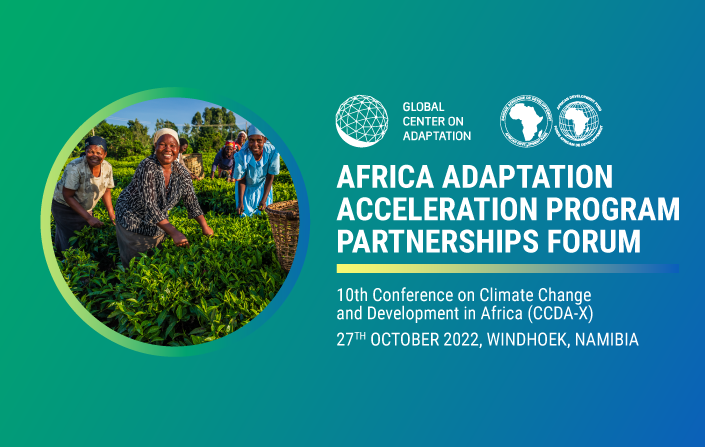
Africa Adaptation Acceleration Program Partnerships Forum
27 October 2022
Windhoek, Namibia (Hybrid)
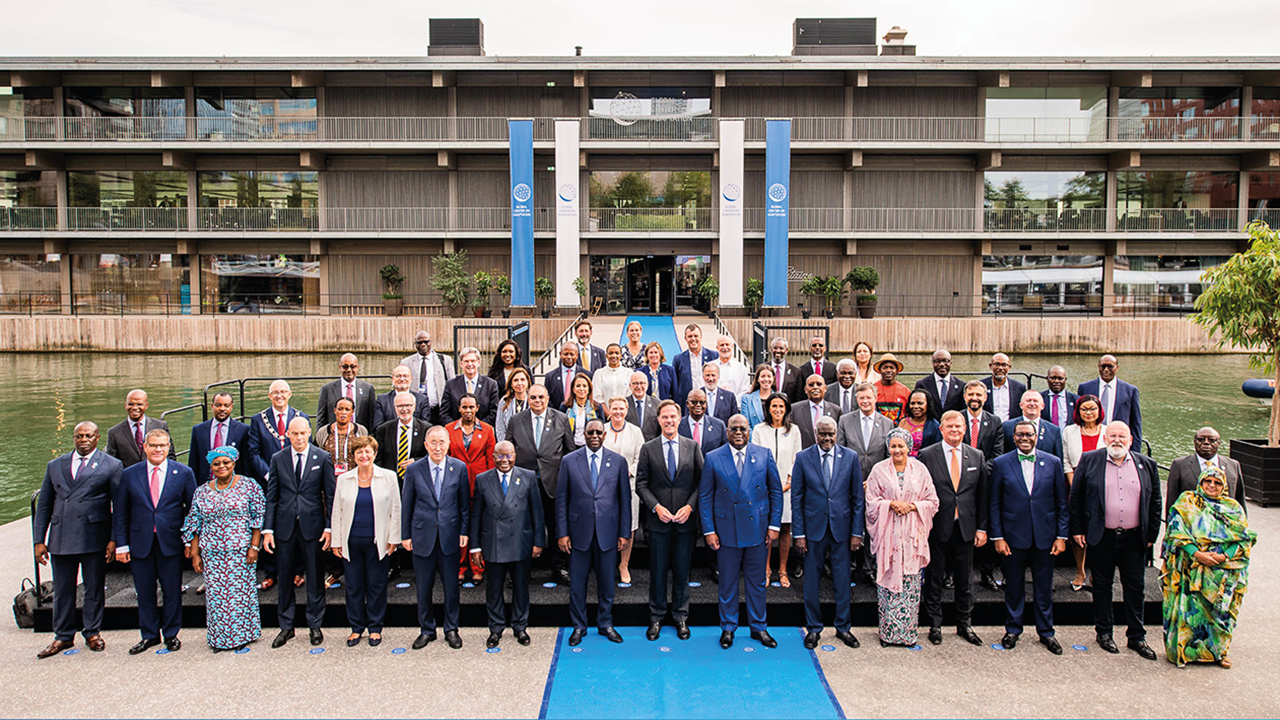
Africa Adaptation Summit
5 September 2022
Rotterdam, The Netherlands
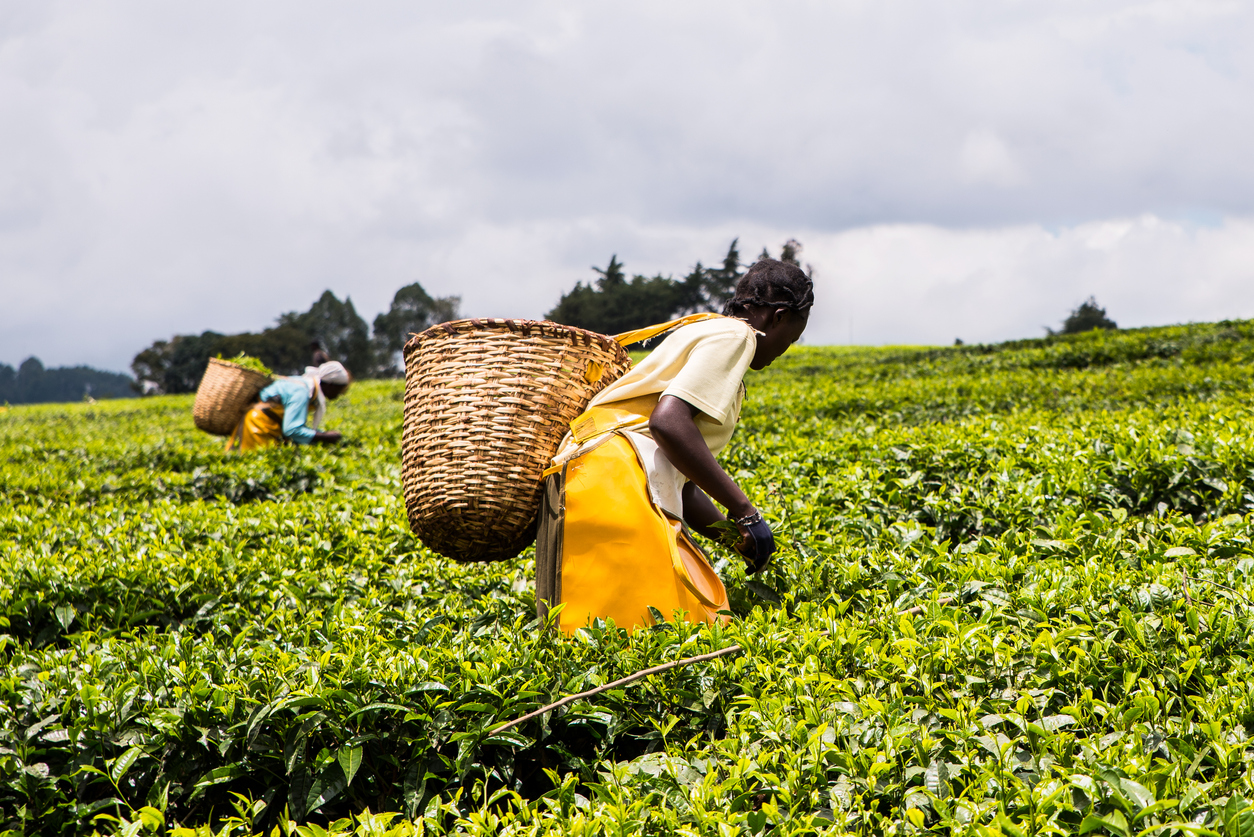
Africa Adaptation Dialogue: Implementing the Vision
31 August 2022
Libreville, Gabon

YouthADAPT Training Workshops
27 July 2022
Global
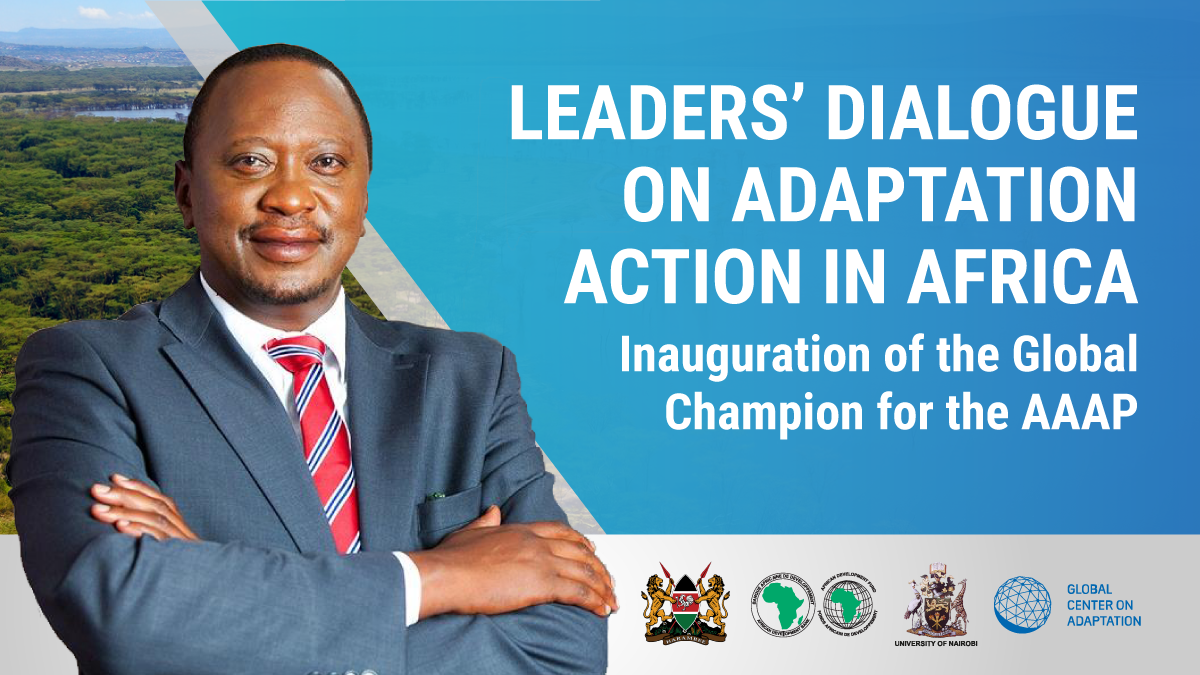
Leaders’ Dialogue on Adaptation Action in Africa: Inauguration of the Global Champion for the Africa Adaptation Acceleration Program
7 July 2022
Taifa Hall, University of Nairobi
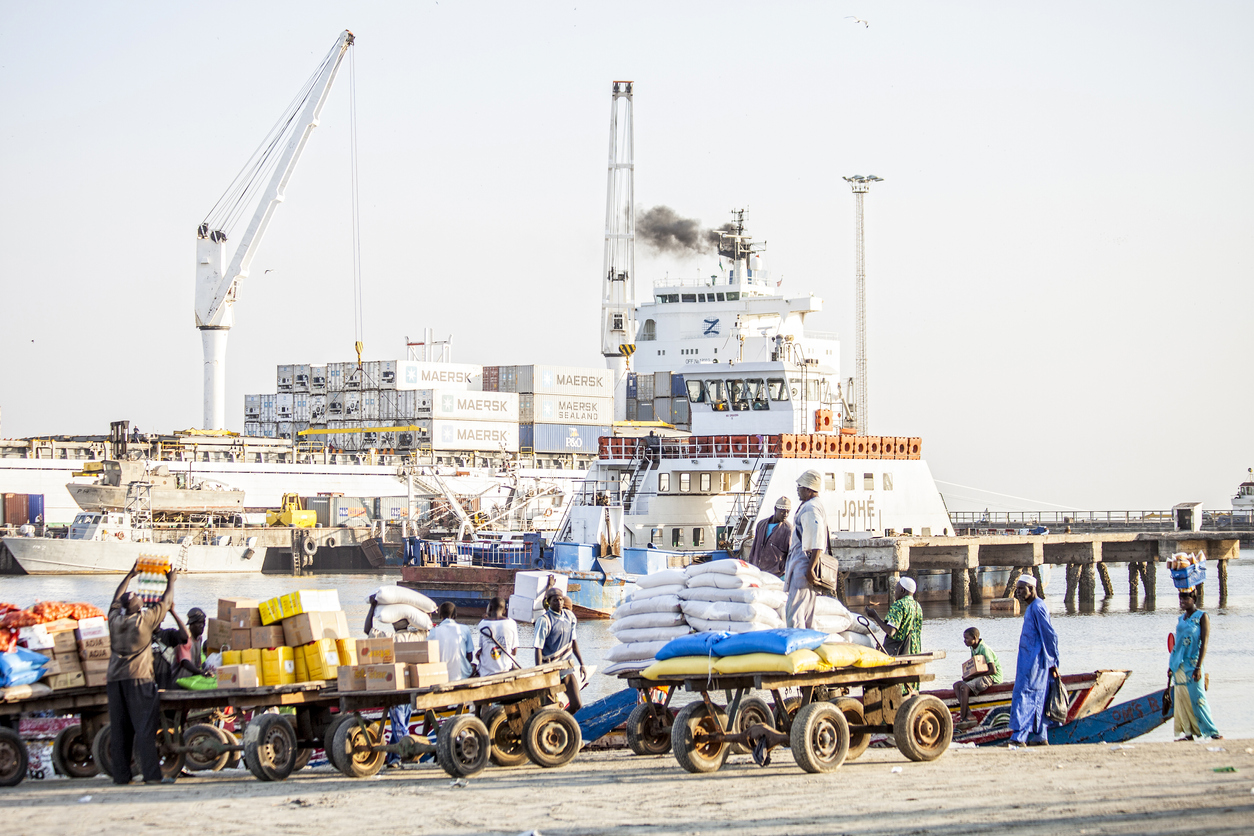
Multi-Stakeholder Climate Adaptation Dialogue for the Port of Banjul 4th Expansion Project
4 July 2022
Global

Multi-Stakeholder Climate Risk Dialogue: Banjul Port 4th Expansion Project Climate Risk Assessment
30 May 2022
Global
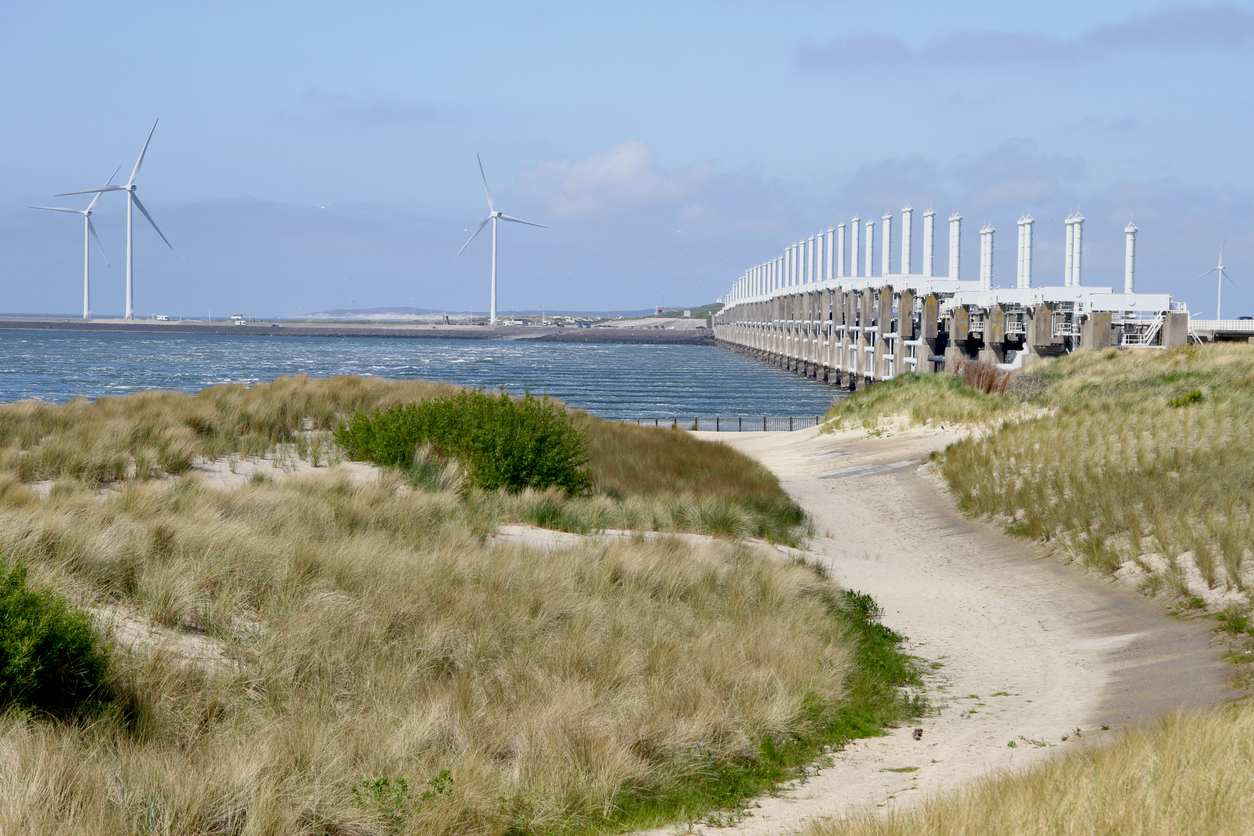
Accelerating Adaptation Investments for Resilient Infrastructure
6 May 2022
Global
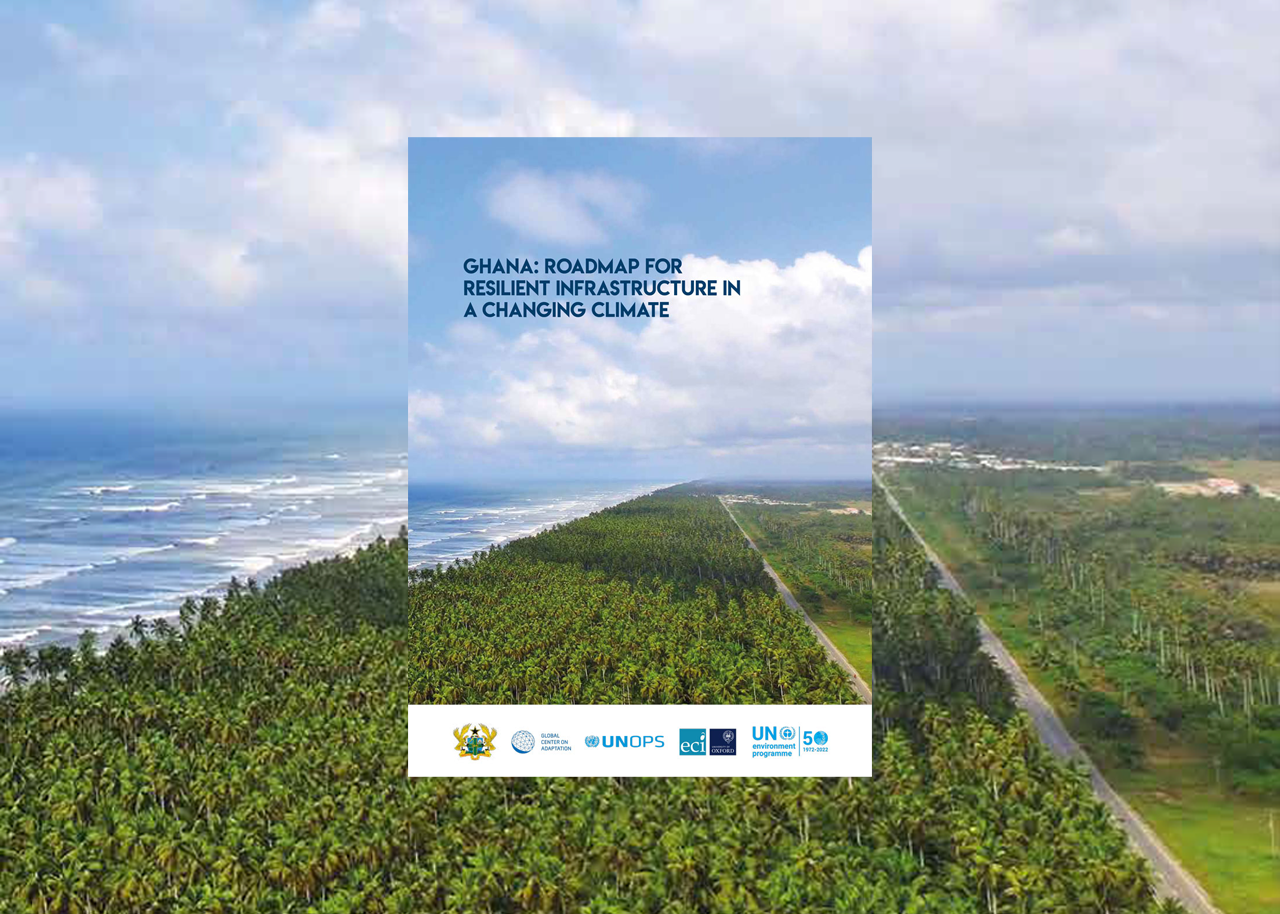
Financing Climate Resilient Infrastructure in Ghana: Ministerial Dialogue and Report Launch
24 March 2022
Accra, Ghana
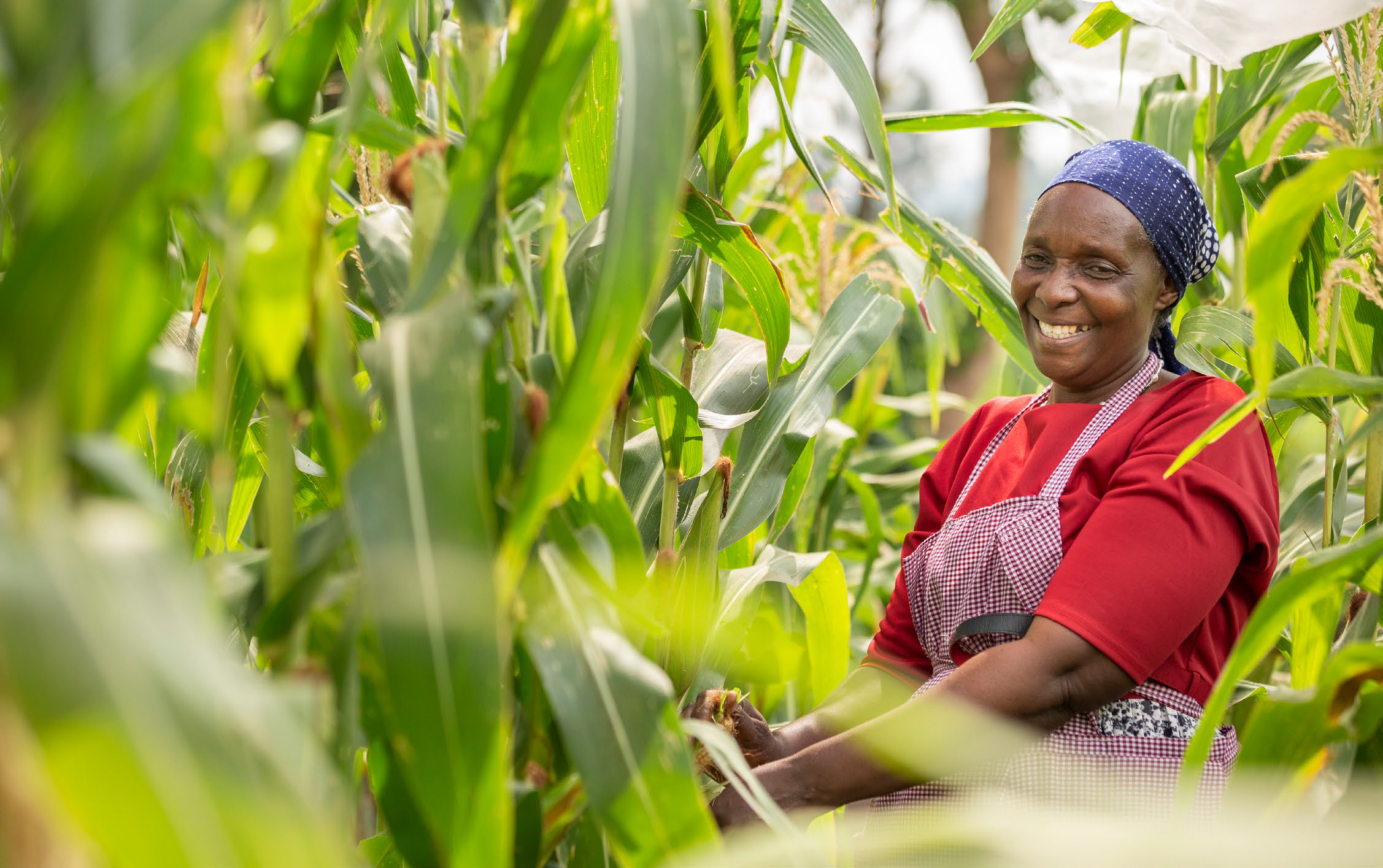
Adaptation Dialogues for Africa: Adapting agriculture in Africa to build resilience to climate change
10 March 2022
Global
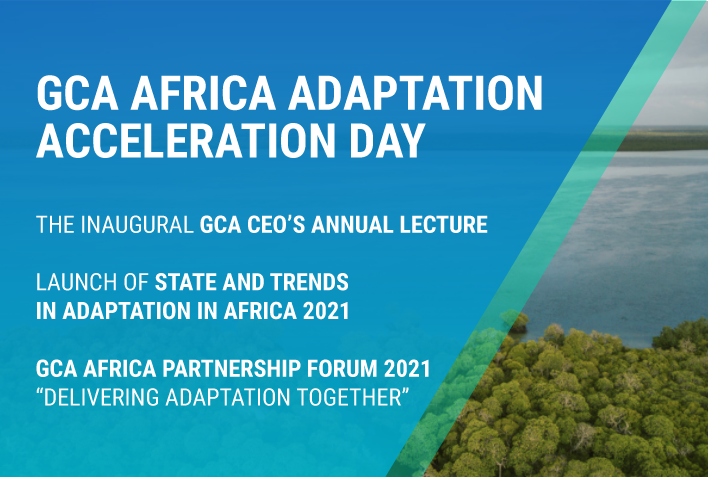
GCA Africa Adaptation Acceleration Day
26 October 2021
Nairobi, Kenya
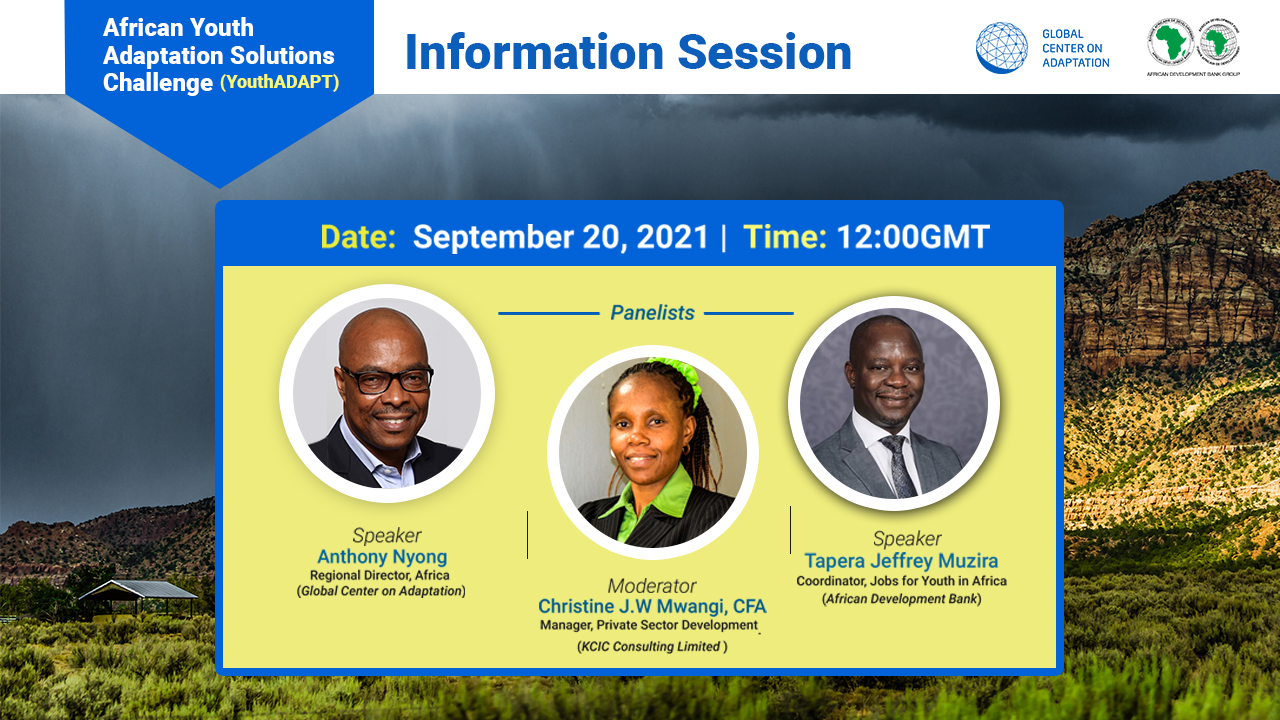
African Youth Adaptation Solutions Challenge (YouthADAPT) Information Session
20 September 2021
Global
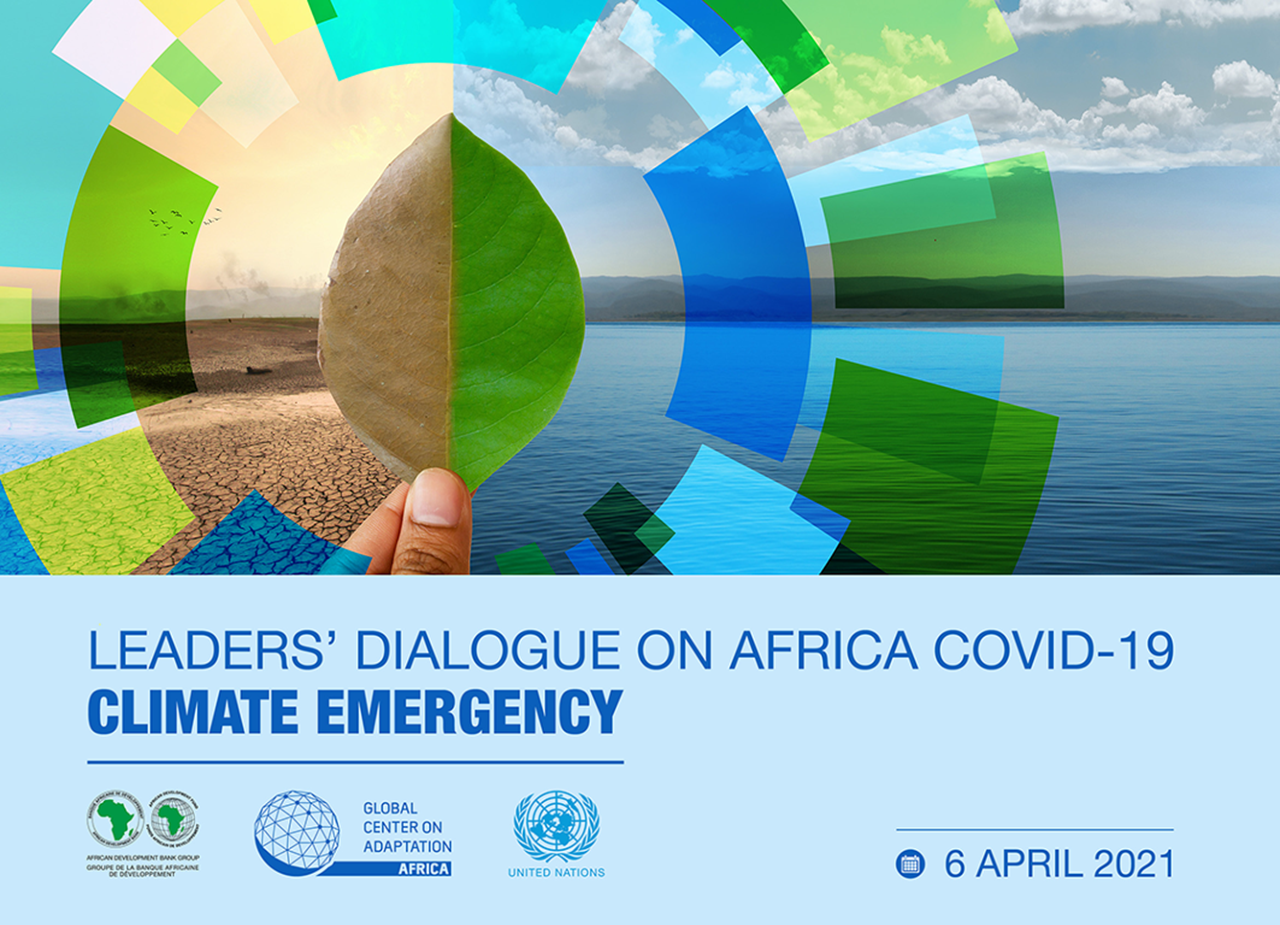
Leaders’ Dialogue on the Africa Covid-Climate Emergency
6 April 2021
Global
Contact information
For more information on this program, or to get involved, please contact:

Charles Nhemachena
Regional Director for Africa
Charles.Nhemachena@gca.org